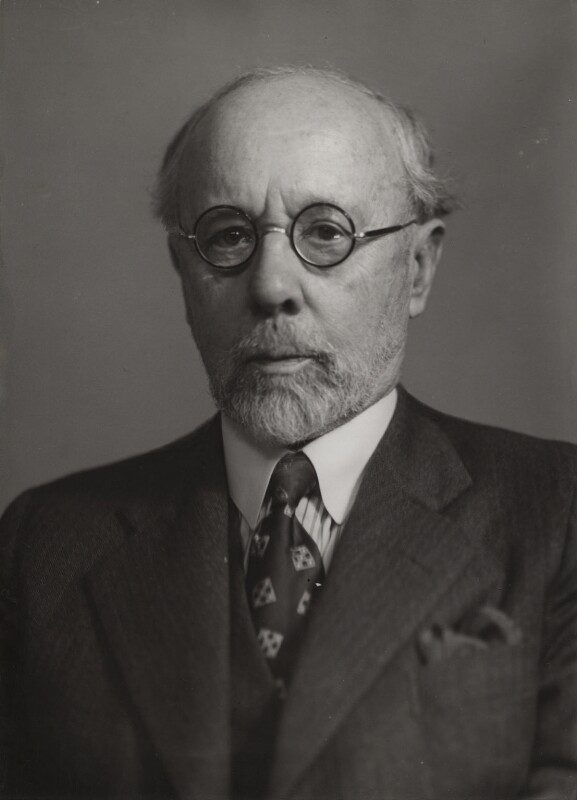
John Garstang had been a pioneering archaeologist for much of the first half of the twentieth century, and, after developing a particular interest in the Hittites, he conceived the idea of founding an institute in Türkiye. By 1947, the idea had been forged into a reality, and Garstang became the first director of the new British Institute of Archaeology at Ankara. He immediately began excavations at Yümük Tepe the following year, but ultimately stepped down in 1949, owing to his age and the loss of his wife. He continued to serve as president until his death in 1956, the day after he returned to see his old site of Yümük Tepe one last time.
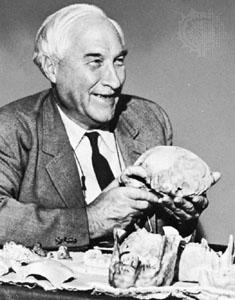
Seton Lloyd began an innovative archaeological career in Iraq in the 1930s, and soon joined John Garstang (who would go on to found the British Institute at Ankara in 1947) in the excavation of Mersin on the south coast of Türkiye. Seton Lloyd took over the directorship after Garstang stepped down in 1949, and inaugurated his tenure with the excavation of a prehistoric mound at Polatlı. He would go on to work extensively on Sultantepe, Harran, and Beycesultan, before retiring in 1961. He remained involved with the Institute as Honorary Secretary, President, and Vice President until his death in 1996.
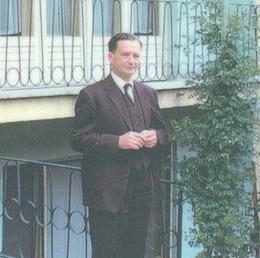
Michael Gough had joined the Institute in the early years of Seton Lloyd’s directorship, and joined the excavations at Sultantepe in 1951. Ten years later, he took over the directorship himself following Lloyd’s retirement, and presided over one of the Institute’s most famous discoveries: Çatalhöyük. Meanwhile, Gough’s own work focused on Alahan and Dağ Pazarı, and these would be his main occupation throughout his directorship. The interest in this Byzantine monastery marked an important departure from previous directors’ specialisms in prehistoric archaeology, and was the beginning of a continuous broadening of the BIAA’s range of scholarly enterprises. Michael Gough retired in 1968, and passed away in 1974.
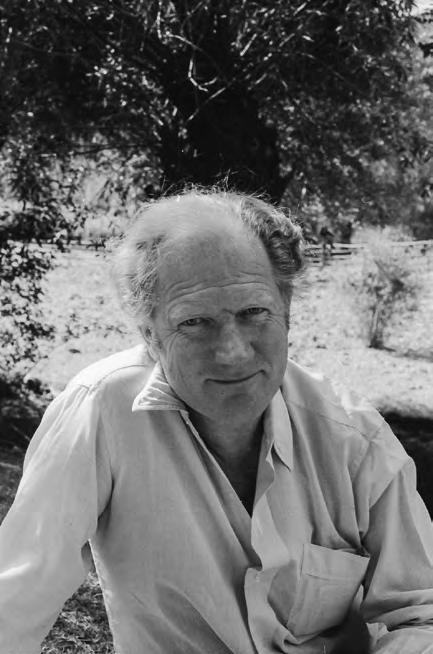
David French was the Institute’s longest serving director, and he continued to be an important contributor to the Institute’s scholarly output until his death. After his appointment in 1968, he continued his earlier work on Can Hasan, which provided an important overview of the Chalcolithic Period in the area, as well as establishing transition sequences from the Neolithic. Among a considerable number of projects, the rescue excavations at Aşvan Kale and Tille Höyük stand out. In the field of epigraphy, David French embarked upon a vast project, namely the survey of the milestones of Asia Minor resulting in an unprecedented mapping of ancient roads in Anatolia that has become a major reference work.
Read more about David French >>
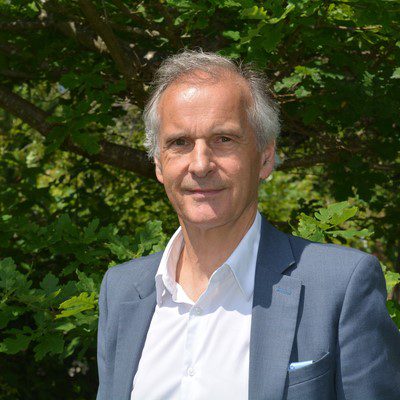
Having previously been Director of the British School of Archaeology in Iraq from 1988-1995, Roger Matthews joined the BIAA as Acting Director in 1995 and served as full Director from 1996-2001. During his time in Ankara he directed the multi-period field survey project in north-central Türkiye, Project Paphlagonia, largely funded by the BIAA. He also served as Field Director at the newly re-started excavations at Catalhoyuk from 1993-1996. Since leaving the BIAA, Roger Matthews has become Professor of Near Eastern Archaeology at the University of Reading and is currently co-director of the Central Zagros Archaeological Project with Dr Wendy Matthews, investigating the Early Neolithic transformation to settled farming life in the Zagros mountains of eastern Iraq and western Iran. Visit institutional page >>
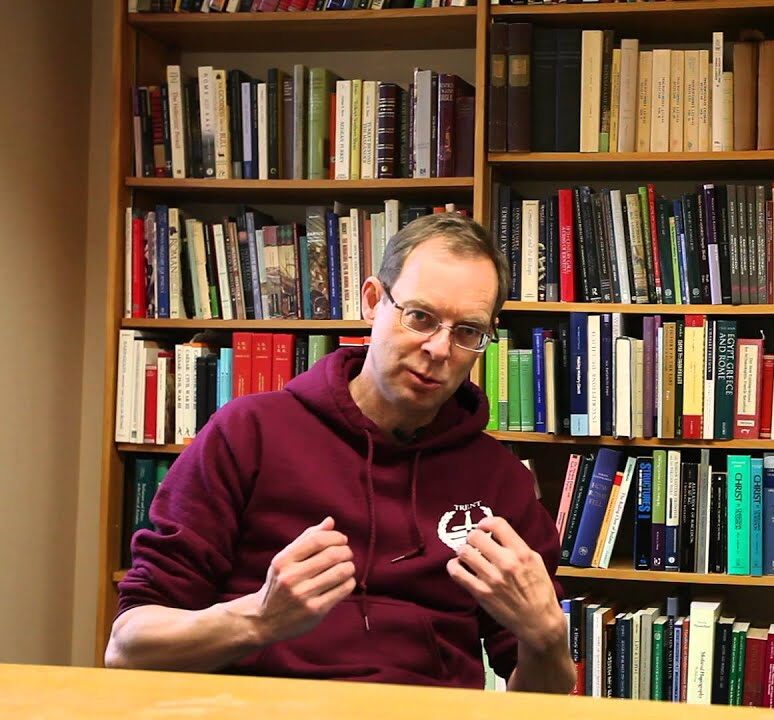
As Director, Hugh Elton worked on the BABSI project (British Academy Black Sea Initiative) and on the renovation of the library, including the web-based catalogue and new bookshelves. He also directed the Goksu Archaeological Project, and, after leaving Ankara, directed the Avkat Archaeological Project. He specializes in Roman and Late Roman political and military history, and the regions of Cilicia and Isauria in southern Türkiye, with a particular focus on questions of identity. He is currently Professor of Ancient Greek and Roman Studies at Trent University. Visit institutional page >>
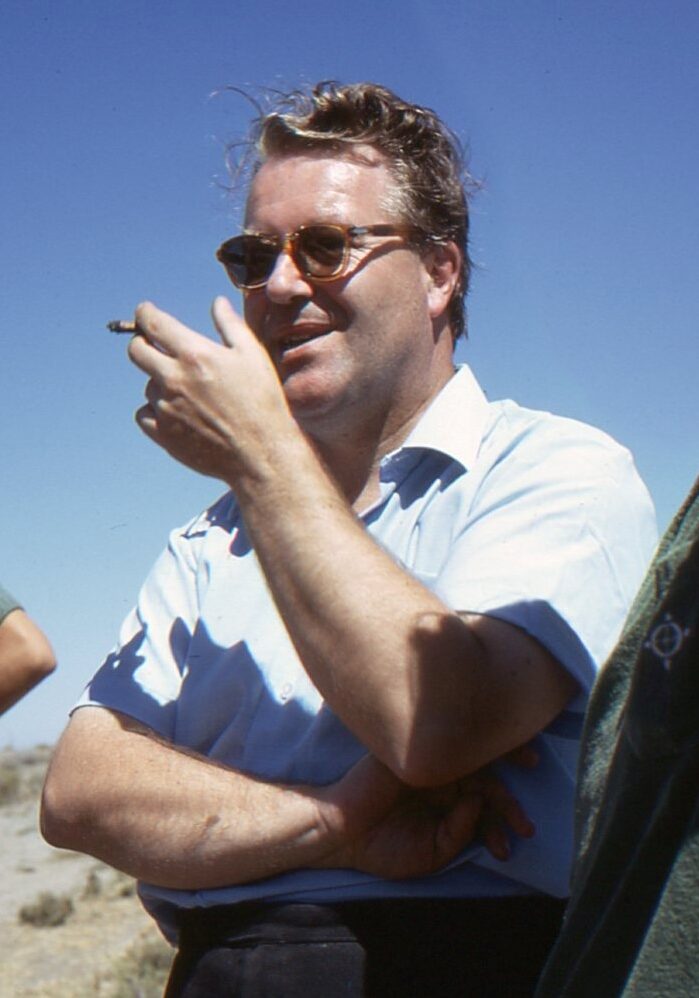
James Mellaart had been associated with the institute for much of the 1950s, with a long history of working with Seton Lloyd, and was made the first Assistant Director in 1959. Soon after, he led his first dig as a field director at Hacilar. Controversies aside, Mellaart is undoubtedly most famous for discovering Çatalhöyük, one of the most significant prehistoric sites in the world (and now recognised as a UNESCO World Heritage Site), the study of which the BIAA has continuously supported for more than half a century.

After assisting Michael Gough in the Alahan excavations, Richard Harper conducted numerous epigraphic surveys around Nevşehir, Niğde, and Kayseri, and also carried out excavations of Comana in Cappadocia, and the Roman fort at Pağnik. He also did much to expand the BIAA library during his time as Assistant Director. After leaving Ankara, he joined the British School in Jerusalem where he remained until his retirement in 1995.
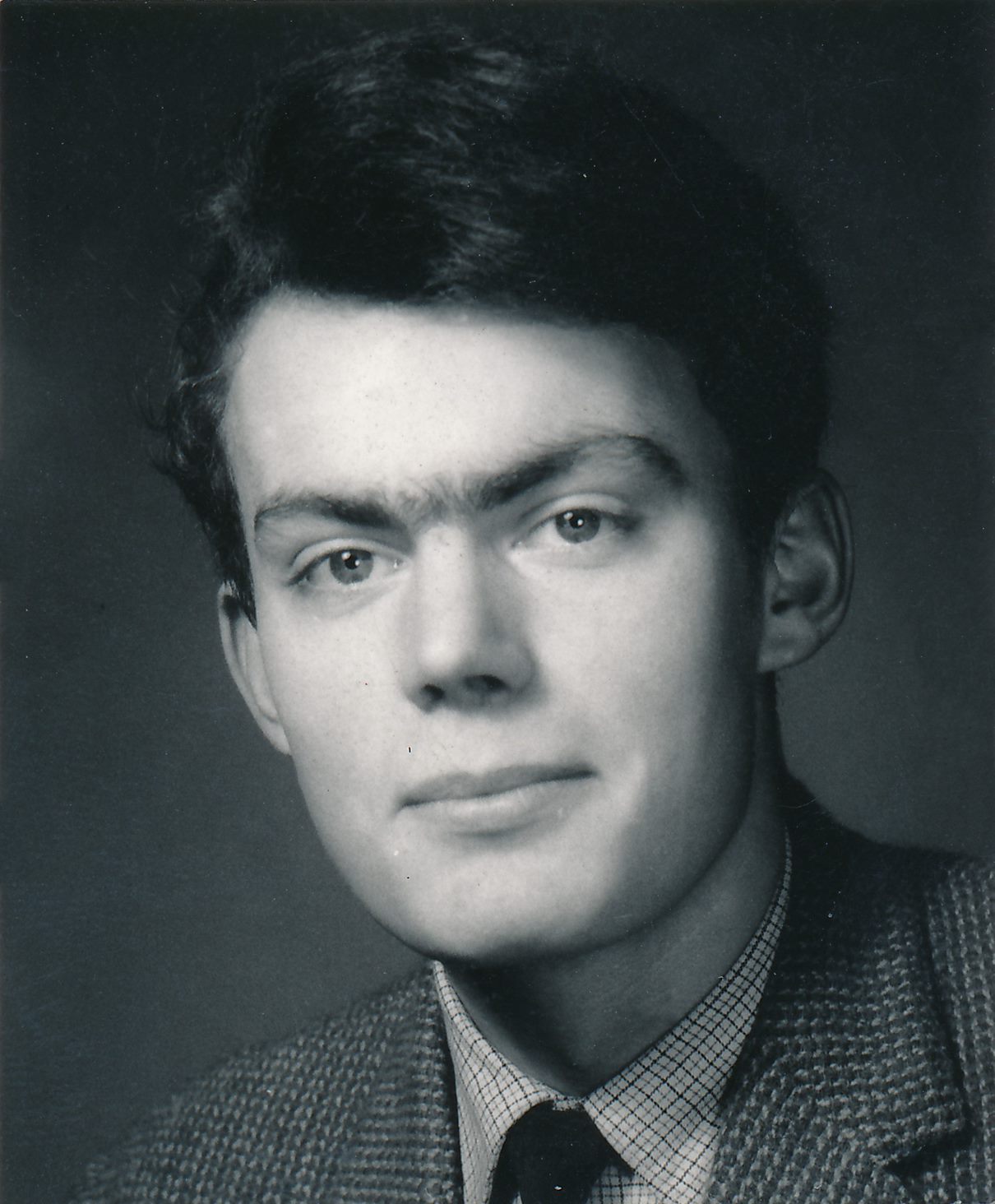
After completing a fellowship at the BIAA, Sebastian Payne was appointed Assistant Director. He continued his studies of animal bones from Can Hasan, and also worked on the Aşvan collections and spent time investigating Franchthi Cave, Gordion, Kalınkaya and Eskiyapar.

David Williams was appointed as Assistant Director in 1976, and worked with David French on the excavation of Tille Höyük, a rescue project necessitated by the building of the Karakaya hydroelectric dam. Williams also worked alongside French on the RECAM Project (Regional Epigraphical Catalogues of Asia Minor), which was conceived of as a worthwhile enterprise that could be carried out in spite of the financial difficulties of the time.

Ann Murray was appointed as Assistant Director under David French, and participated in the annual BIAA excavations at Tille Höyük while at the same time pursuing her doctoral research on 2nd millennium ceramic material from the Keban Dam excavations and the Hittite texts of the Empire period. She spent considerable time in Pamukkale Museum drawing the small finds from the Lloyd/Mellaart 2nd millennium excavations at Beycesultan, and published, in conjunction with James Mellaart, the final volume of the Beycesultan publications: Volume III, Part 2. This volume covered LBA pottery and MBA/LBA small objects. Since leaving the Institute, Ann has moved to Chicago where she serves as the Executive Director of the International Music Foundation, a non-profit arts organization.
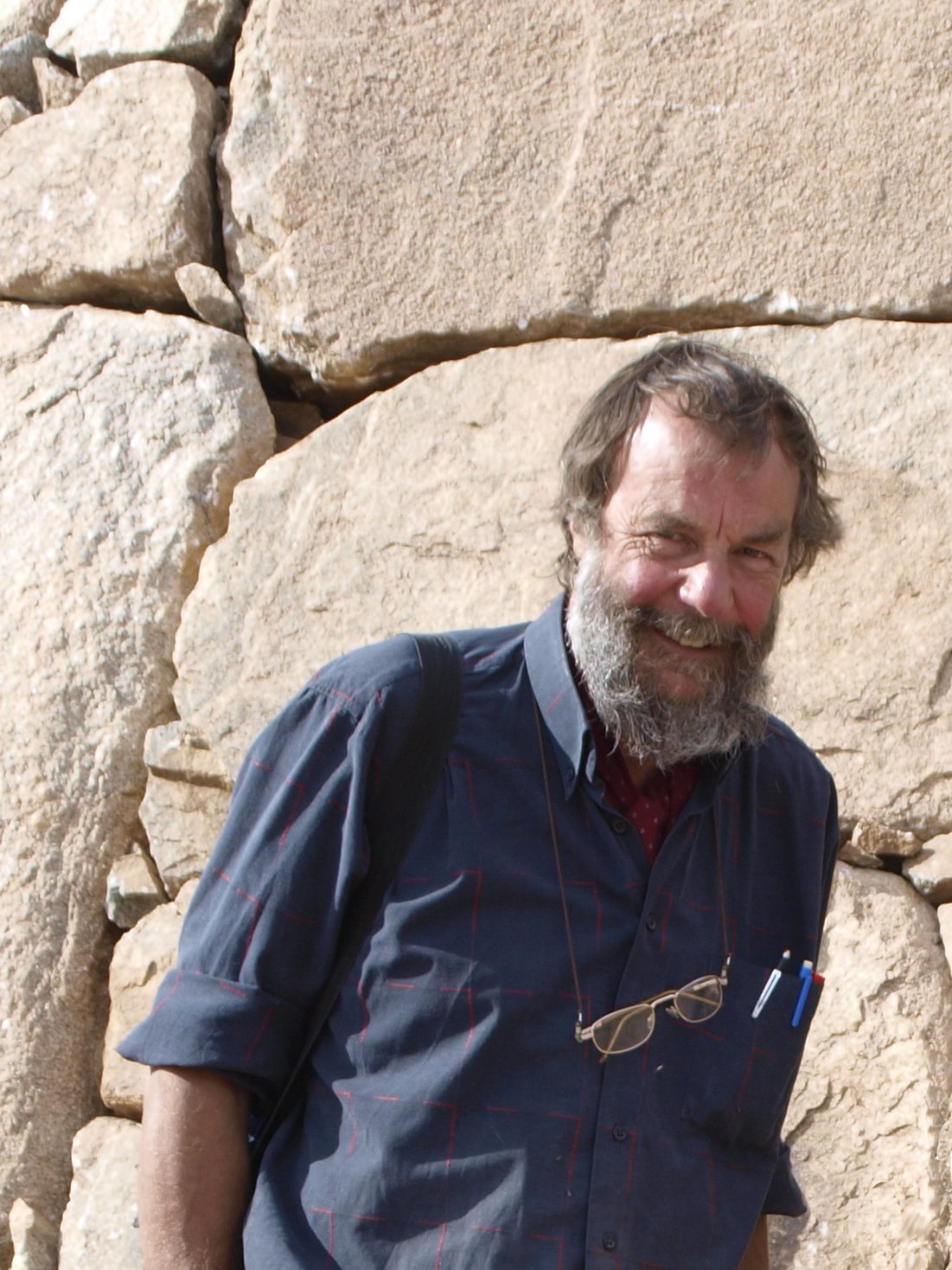
Having been awarded a PhD at Manchester in 1982, and having participated in many excavations around the globe, Geoffrey Summers was appointed Assistant Director of the BIAA in 1986. Under David French, he participated in the Tille Höyük rescue excavations, along with the Adıyaman Survey. As field director, he undertook the Yaraşlı Survey, and conducted museum studies at Tell Esh-Sheikh and Sakçagözü. Since his time as Assistant Director, Summers has been directing the BIAA-funded survey and excavation of Kerkenes Dağ.

Christopher Lightfoot is a specialist in ancient glass, numismatics, and Roman minor arts, and was appointed as Assistant Director in 1986. He worked at the excavations at Sagalassos and Amorium, as well as with David French at Tille Höyük. Alongside excavations, he worked on the surveys of Cremna, Sagalassos, the Tigris-Euphrates Archaeological Survey Project, and directed the Satala Survey. After his time as Assistant Director, he took over the BIAA-funded Amorium excavations as field director, and is currently director of post-excavation and publications.
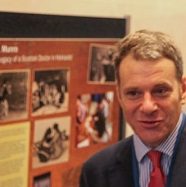
David Shankland was appointed Assistant Director in 1992, and Acting Director from 1993-1995. During his time in Ankara, he was part of the opening or reopening of a number of excavation projects, including Zeugma and Çatalhöyük, and he later went on to conduct fieldwork in the nearby village of Küçükköy. This led to an interest in the intersection between anthropology and archaeology which continues until the present day. After his time in Ankara, he was appointed Lecturer/Senior Lecturer at the University of Wales Lampeter, then Humboldt Fellow at the University of Bamberg, Germany. In 2002 he moved to Bristol as Senior Lecturer then Reader in Anthropology, and in 2010 to the Royal Anthropological Institute as Director. In 2015, he was appointed Honorary Professor at the Anthropology Department, University College London. Visit institutional page>>

Andrew Peacock is a historian focusing on Medieval and early modern Middle Eastern and Islamic history. He was the first Assistant Director of the BIAA from a discipline outside archaeology, reflecting a broadening of scope in the BIAA’s research output which has continued to the present day. During his time in Ankara, he conducted projects on trade between the Ottoman Empire and Southeast Asia, and the eleventh century Anatolian north-eastern frontier. He is now a reader at the University of St. Andrews. See institutional page>>
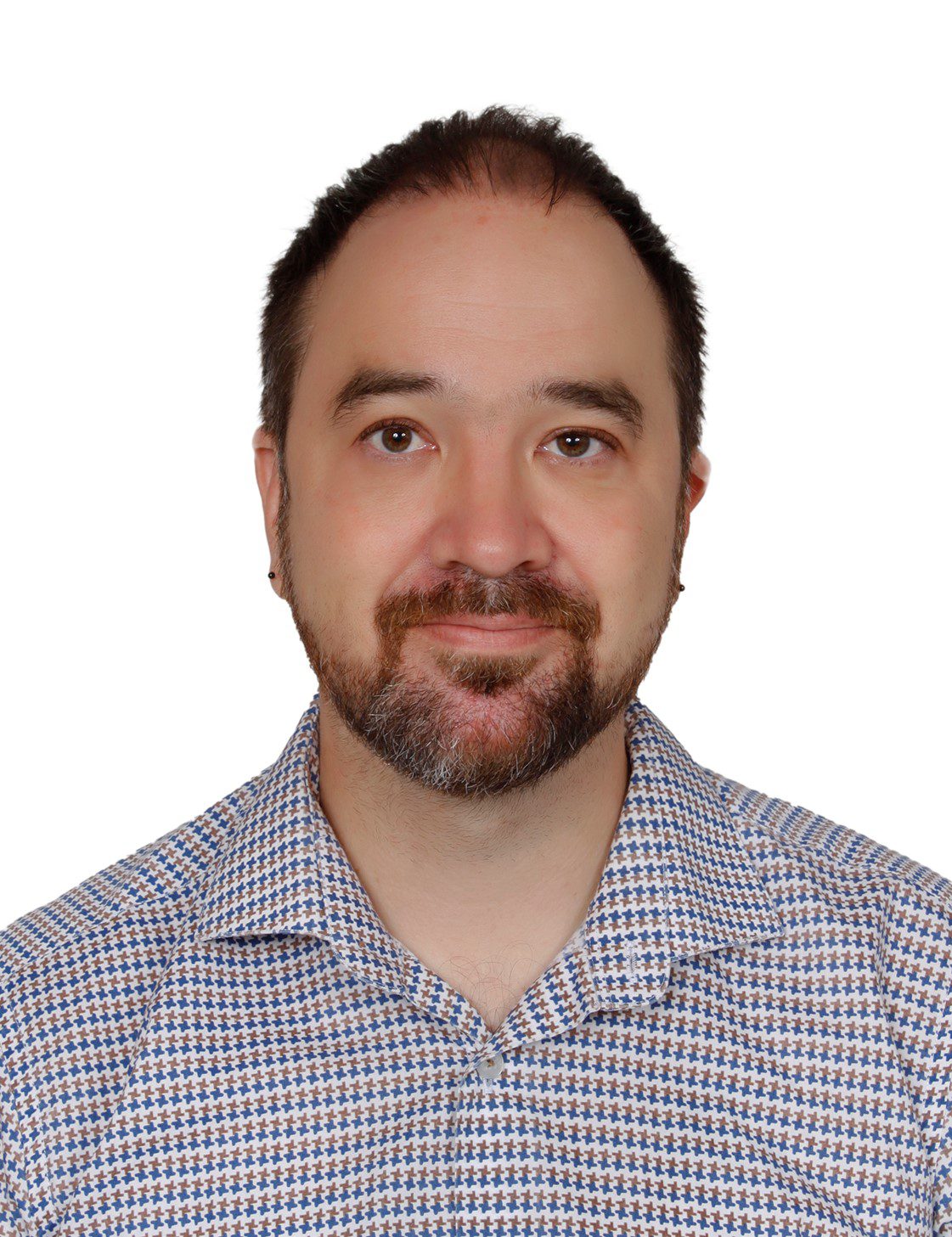
Marc Herzog was the Assistant Director of the British Institute at Ankara from 2011 until 2015. He finished his PhD at the University of Exeter in 2011, with a doctoral thesis focusing on the emergence of Muslim Democrat politics and parties in the past two decades and their effects on processes of party system stabilisation and institutionalisation in Türkiye within a comparative framework. He co-edited ‘Turkey and the Politics of National Identity’ (IB Tauris, 2014), as well as ‘The Role, Position, And Agency of Cusp States in International Relations’ (Routledge, 2014) focusing on international relations. His research interests are in the fields of Turkish party politics, political Islam and the dynamics of moderation, democratisation, party system institutionalisation, Turkish foreign policy, new social movements as well as the politics of identity in the Turkish context.

Leonidas (Leo) Karakatsanis received his PhD in Ideology and Discourse Analysis from the University of Essex. He joined the BIAA in 2012 as a Postdoctoral Fellow, and was appointed as Assistant Director in 2015. Leonidas has researched and published on issues related to the politics of identity and reconciliation, civil society, minority rights, immigration and theories of qualitative methods in social and political sciences. He is the author of the research monograph: Turkish-Greek Relations. Rapprochement, Civil Society and the Politics of Friendship (London & New York: Routledge, 2014). He is also the co-editor of The politics of Culture in Turkey, Greece and Cyprus. Performing the Left since the Sixties (together with N. Papadogiannis) and Bordered Places, Bounded Times: Cross-disciplinary perspectives on Turkey (together with E. Baysal), published in 2017 by Routledge and the BIAA respectively.
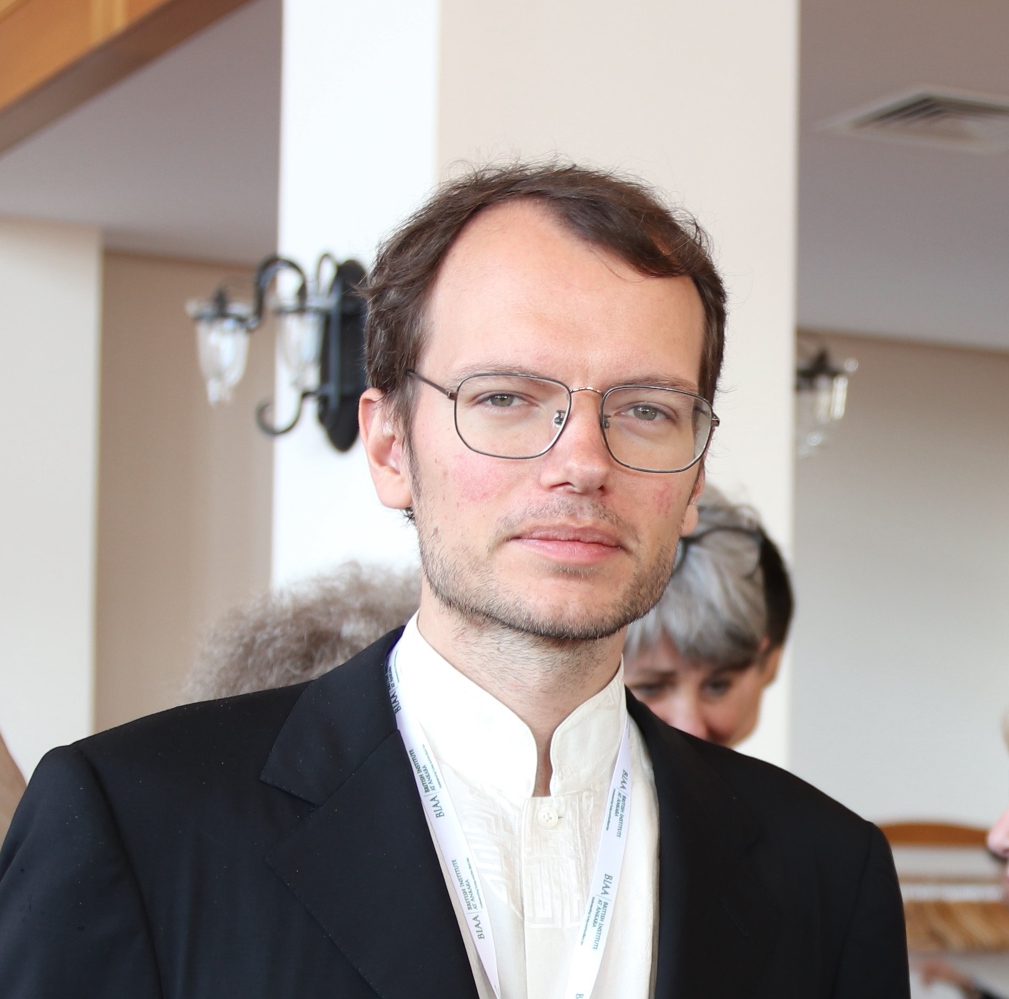
Daniel-Joseph MacArthur-Seal received his PhD from the University of Cambridge in 2014. His thesis, ‘Britain’s Levantine Empire, 1914-1923′, compared the principle cities of the eastern Mediterranean’s experience of Allied occupation during and after the First World War. During his Fellowship, Daniel organised the workshop Dark Histories: nighttime and nightlife in the Ottoman and Post-Ottoman Mediterranean. After completing his Fellowship, Daniel stayed at the BIAA as a Research Fellow and Co-ordinator of the From Enemies to Allies project. He was then appointed a Research Assistant Professor in the History Department at Hong Kong Baptist University, and returned to the BIAA as Assistant Director in 2019. His first book, Britain’s Levantine Empire, 1914-1923, was published by Oxford University Press in 2021 and compares British military occupations in Alexandria, Thessaloniki and Istanbul.
Further Information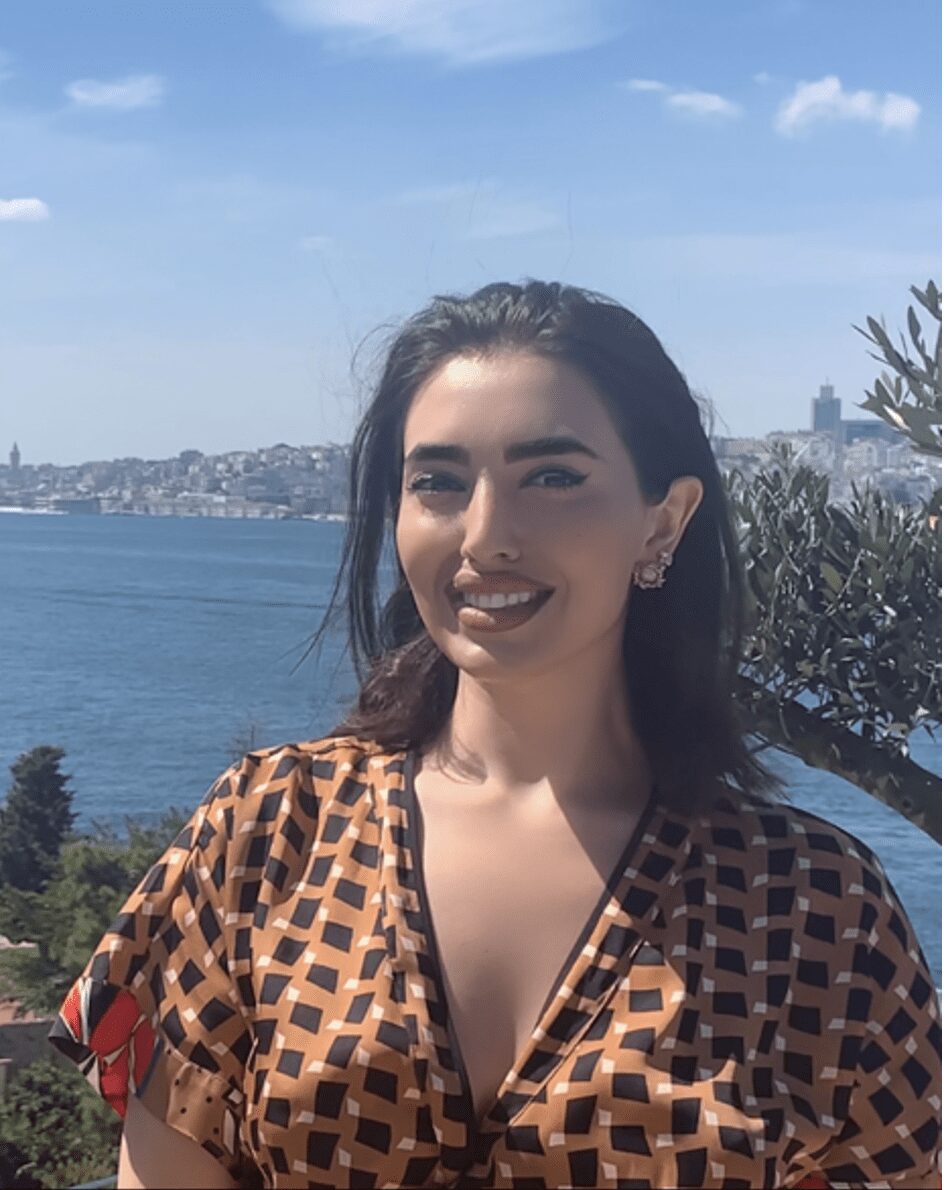
Gizem Pilavcı is a historian of the Ottoman Empire specialising in Armenian experience in, and impact on, Ottoman society in the late modern period. She completed her D.Phil at the University of Oxford, where she researched the lives of the members of the largely unstudied Catholic Armenian Manas family who operated in the fields of art, diplomacy, and finance, and analyzed the social and political ramifications of the family’s Catholic identity. Her study has been able to fill in many of the extensive lacunae in the narratives of the Manas family members as well as rectify misconstrued facts about their lives and careers through rigorous archival research.
Fields of Expertise: Late Ottoman Social, Cultural, and Diplomatic History; Ottoman Imperial Portraiture; Armenian Studies; Syriac Studies
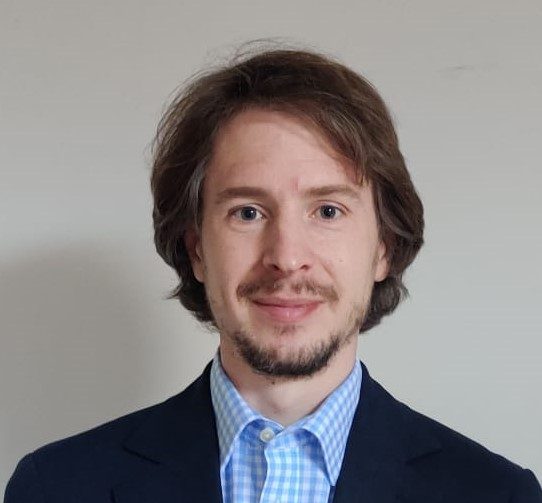
Bradley Jordan is an Ancient Historian working on the Late Hellenistic eastern Mediterranean and the rise of Roman hegemony (c. third century BCE to first century CE) and employs conceptual frameworks from political science to examine local experiences of empire. Jordan completed his D.Phil. at the University of Oxford in early 2020 and spent eighteen months at the University of Cologne working within the project “Central unity and regional identity in the Roman Empire”. During his fellowship, he worked on a monograph analysing how imperial administrative institutions arose in the province of Asia (modern western Türkiye) during the late Roman Republic, and how the instability of the imperial centre affected the development of governance.
Fields of Expertise: Late Hellenistic/Roman Asia Minor, Ancient History, Imperialism.
Further information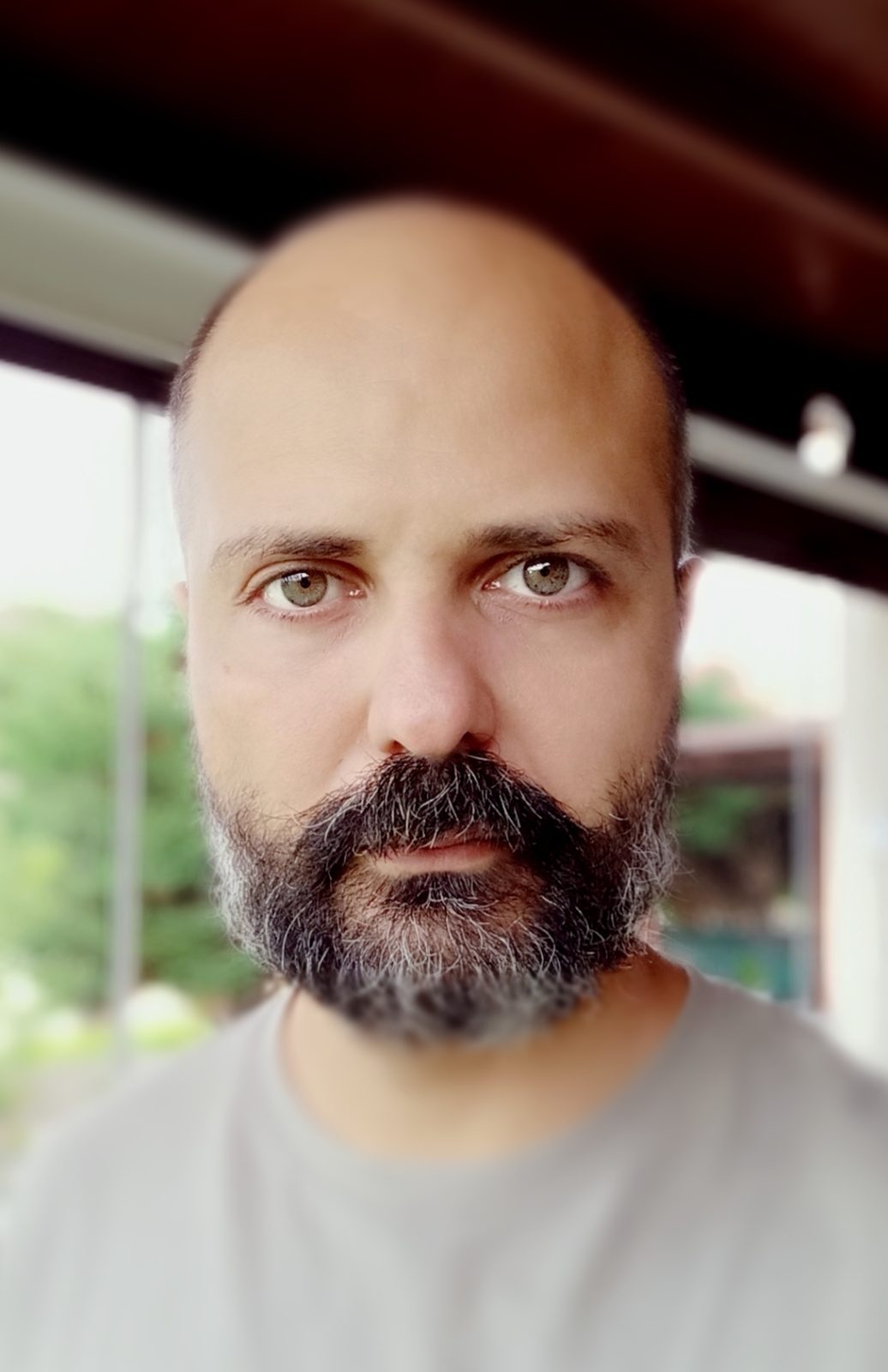
Umut Parmaksız received his Bachelor’s and Master’s degree in Political Science and Public Administration from the Middle East Technical University in 2004 and 2007 respectively. After being awarded the EU Ministry’s Jean Monnet Scholarship, he spent a year in the UK as a visiting researcher. He received his PhD degree in Sociology from the University of Bristol in 2015. His PhD thesis, supervised by Professors Gregor McLennan and Tariq Modood, examines the cogency, import and utility of the concept ‘postsecular’ for social and political theory.
Fields of Expertise: Postsecularity, secularisation, religion in the public sphere and secular ways of life.
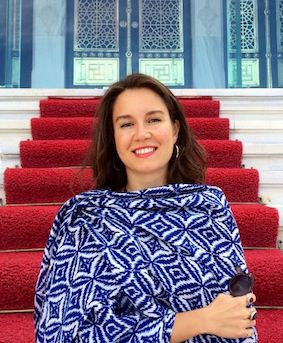
Gizem Tongo is a historian specialising in the visual and material culture of the late Ottoman Empire. holds a doctorate in Oriental Studies from University of Oxford, St John’s College, where she was a Lord Dulverton Scholar and later a lecturer and a Barakat Postdoctoral Scholar. Before Oxford, she received her BA in Philosophy from Bogazici University and holds two master’s degrees, one in Post-1900 Literatures, Theories, and Cultures (Manchester University) and one in History (Bogazici University). During her time as a BIAA Postdoctoral Fellow, she worked on a book manuscript titled War, Art, and the End of the Ottoman Empire.
Fields of Expertise: Visual and material culture of the late Ottoman Empire; the relationship between war and culture during conflict and its aftermath.
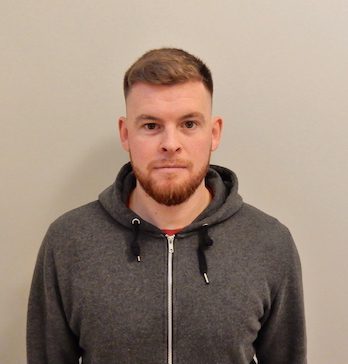
Benjamin Irvine is a bioarchaeologist who specialises in utilising osteological and stable isotope analyses to examine the dietary habits, subsistence practices, and mobility patterns of populations in the Chalcolithic and Early Bronze Age periods of prehistoric Anatolia. His current research is focused on analysing human-environment interactions in prehistoric Anatolia and adjacent regions, particularly examining diachronic and regional patterns in dietary habits, subsistence practices, and agricultural strategies.
Fields of Expertise: Bioarchaeology, Physical Anthropology, Archaeology, Stable Isotope Analysis.
Further information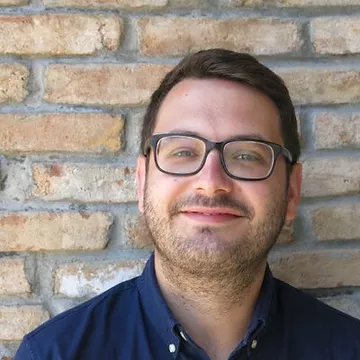
Peter Cherry is a comparative literature scholar, interested in questions of and intersections between gender, race, sexuality, and national and cultural identity in twentieth and twenty-first century British and Turkish literature, film and culture. Peter holds a PhD in Comparative Literature from the University of Edinburgh where his thesis, British Muslim Masculinities in Transcultural Literature and Film 1985-2012, examined constructions of masculinity in literature and film by British writers and filmmakers with a Muslim cultural heritage. His postdoctoral research at the BIAA explored the impact of the disintegration of the Ottoman Empire and representations of post-Ottoman Turkish national and cultural identities in mid-twentieth century British literary and travel narratives. Following his BIAA fellowship, Peter was appointed Assistant Professor in Comparative Literature at the Department of Turkish Literature, Bilkent University.
Fields of Expertise: Comparative Literature, Gender & Sexuality Studies, Turkish and British Literature.
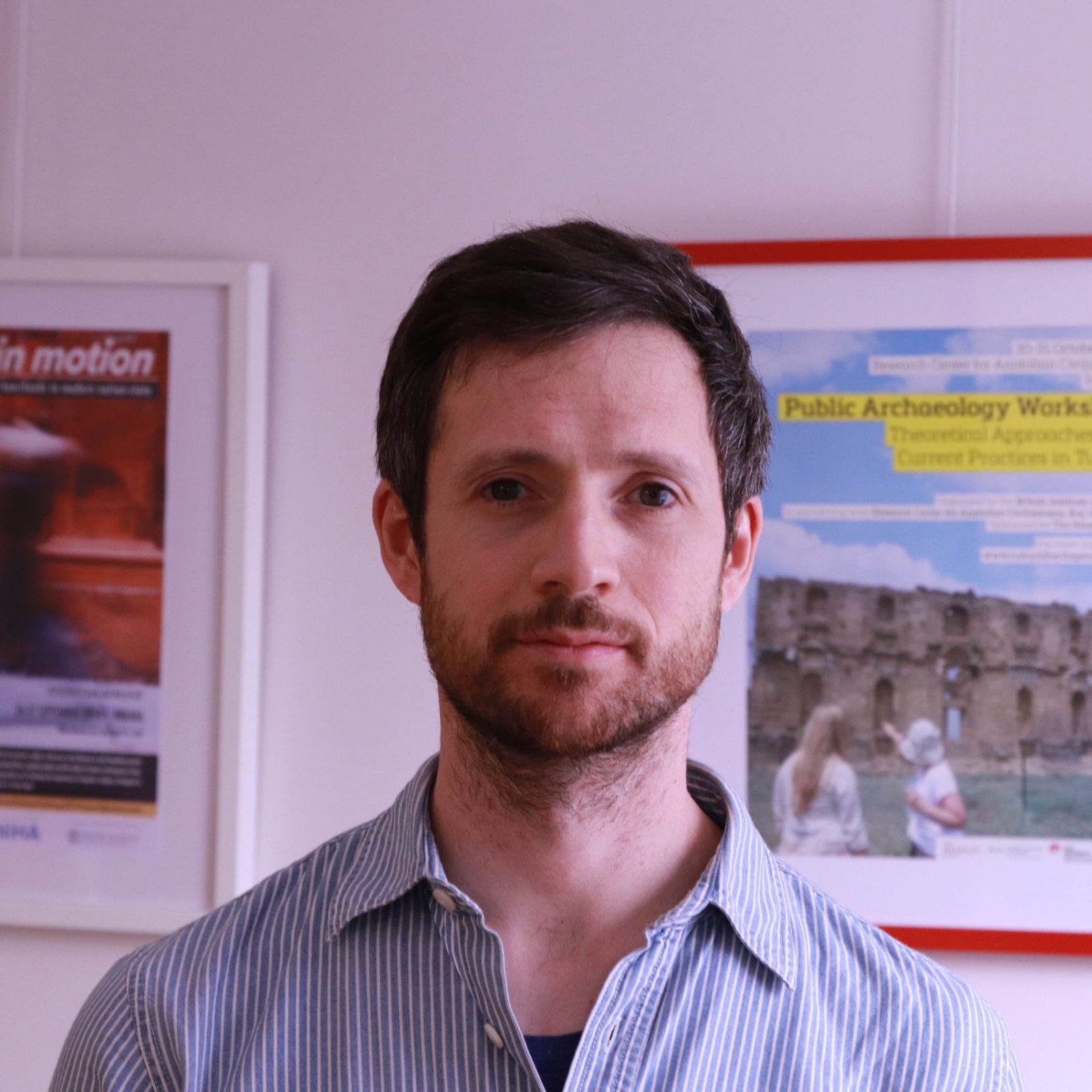
John McManus is a social anthropologist whose research looks at sport, migration, multiculturalism and popular culture in the Middle East, in particular Türkiye and Qatar. He is the author of Inside Qatar: stories from one of the richest nations on earth (Icon Books, 2022) and Welcome to Hell? In Search of the Real Turkish Football (Weidenfeld & Nicolson, 2018), which he completed during his BIAA Postdoctoral Fellowhsip, and which was awarded runner-up in the 2019 British-Kuwaiti Friendship Society book prize. John holds a PhD from the University of Oxford and his writing has appeared in the Guardian, Washington Post, Financial Times and the BBC, as well as academic journals.
Fields of Expertise: Popular Culture, Contemporary Türkiye, Anthropology of Sport, Diaspora Studies.
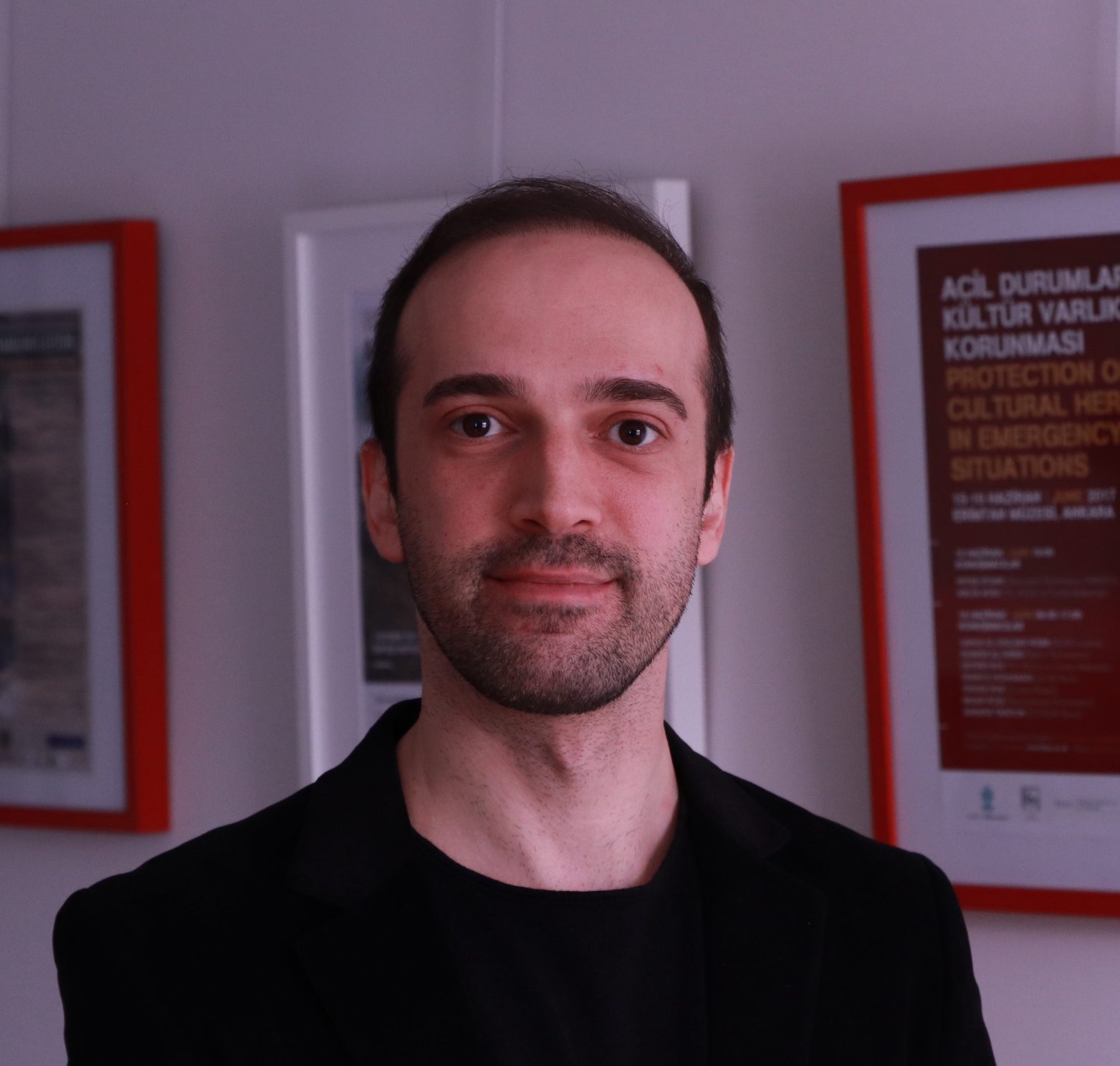
Ender Peker specialises in climate responsive urbanism; particularly the ways in which the built environment is co-produced by technical rules, regulations and actors. Ender holds a PhD from the University of Reading. His PhD research developed an urban design approach that integrates technical knowledge regarding climate sensitivity with social knowledge generated within and by local communities. His BIAA research project focused on the challenges of climate responsive urban development in the context of Black Sea Climate through a case study of Rize, a typical Black Sea city challenged with frequent urban flooding events. He is currently working with water management stakeholders to better understand contemporary needs in İstanbul and explore how archaeological findings from the Water in Istanbul: Rising to the Challenge? project can inform solutions to current water-related challenges in the city.
Fields of Expertise: Climate Responsive Design, Urban Design, Socio-Technical Research.
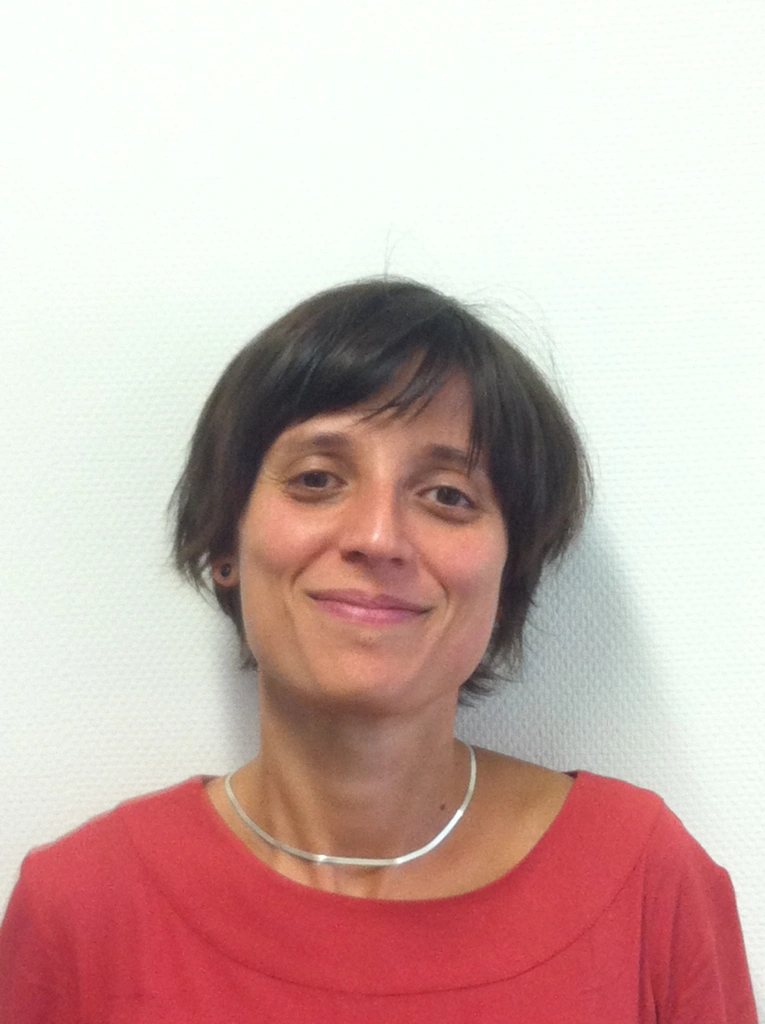
Elisabetta Costa is an anthropologist specialising in the study of digital media, social media, journalism, politics and gender in Türkiye and the Middle East. Elisabetta was awarded a PhD by the University of Milan-Bicocca in June 2011. She joined the BIAA in 2015 after working on a comparative research project based at the UCL Department of Anthropology, the Global Social Media Impact Study (http://www.ucl.ac.uk/global-social-media). This project aimed at understanding the impact of social media on the world population. In this role, she carried out 15 months of ethnography in Mardin, a medium-sized town in south-east Türkiye, focusing especially on the impact of social media on politics, gender, kinship and intimate relations. During her Fellowship Elisabetta completed her monograph Social media in south-east Turkey, and edited the volume How the world changed social media. Following her BIAA Fellowship Elisabetta was appointed Assistant Professor at the Department of Media Studies and Journalism at the University of Groningen.
Fields of Expertise: Social & Cultural Anthropology, Contemporary Türkiye.
Further information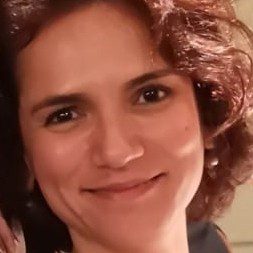
B. Nilgün Öz is a conservation architect (METU BArch; METU MSc Historic Preservation) and has worked in the heritage conservation field on various projects across Türkiye. She has undertaken fieldwork at several sites, including Magnesia, Nysa, Çaltılar Höyük, Yalburt, and Gre-Amer Höyük. In 2010-11, she was a Visiting Research Fellow at the University of Liverpool, UK. She has since completed her PhD within the METU Historic Preservation Programme. As the BIAA-RCAC Fellow, she focused on preparing a values-based and community-focused management plan for Çaltılar Höyük and its environs, a mound located in the Seydikemer district of Muğla Province.
Fields of Expertise: Archaeology and Anthropology, Cultural Heritage Management.
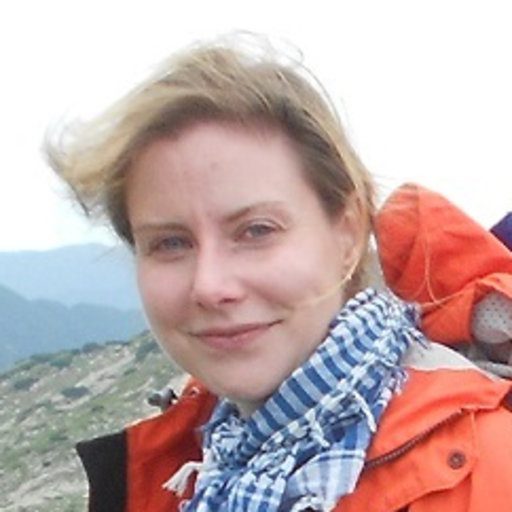
Orlene McIlfatrick graduated in 2013 with a PhD in Archaeology from the University of Edinburgh, specialising in ceramics analysis. During her time at the BIAA she worked on X-Ray Fluorescence analysis of ceramic fabrics and paint pigments from two sites and several surveys in Central Anatolia, with a project entitled ‘Exploring themes of continuity, movement and interaction in the Iron Age of Central Anatolia: utilising a distribution analysis of Iron Age painted pottery types within the Kızılırmak bend’. She also organized a PXRF workshop in partnership with the JIAA at Kaman in May 2015. She is currently a freelance PXRF specialist for metals and ceramic materials, working on several projects in Türkiye and Bulgaria, including three projects directly supported by the BIAA.
Fields of Expertise: Archaeology, Ceramics Research.

Daniel-Joseph MacArthur-Seal received his PhD from the University of Cambridge in 2014. His thesis, ‘Britain’s Levantine Empire, 1914-1923′, compared the principle cities of the eastern Mediterranean’s experience of Allied occupation during and after the First World War. During his Fellowship, Daniel organised the workshop Dark Histories: nighttime and nightlife in the Ottoman and Post-Ottoman Mediterranean. After completing his Fellowship, Daniel stayed at the BIAA as a Research Fellow and Co-ordinator of the From Enemies to Allies project. He was then appointed a Research Assistant Professor in the History Department at Hong Kong Baptist University, and has since returned to the BIAA as Assistant Director. His first book, Britain’s Levantine Empire, 1914-1923, compares British military occupations in Alexandria, Thessaloniki and Istanbul.
Fields of Expertise: Late Ottoman History; Early Republican History; British Empire in the Near and Middle East.
Further information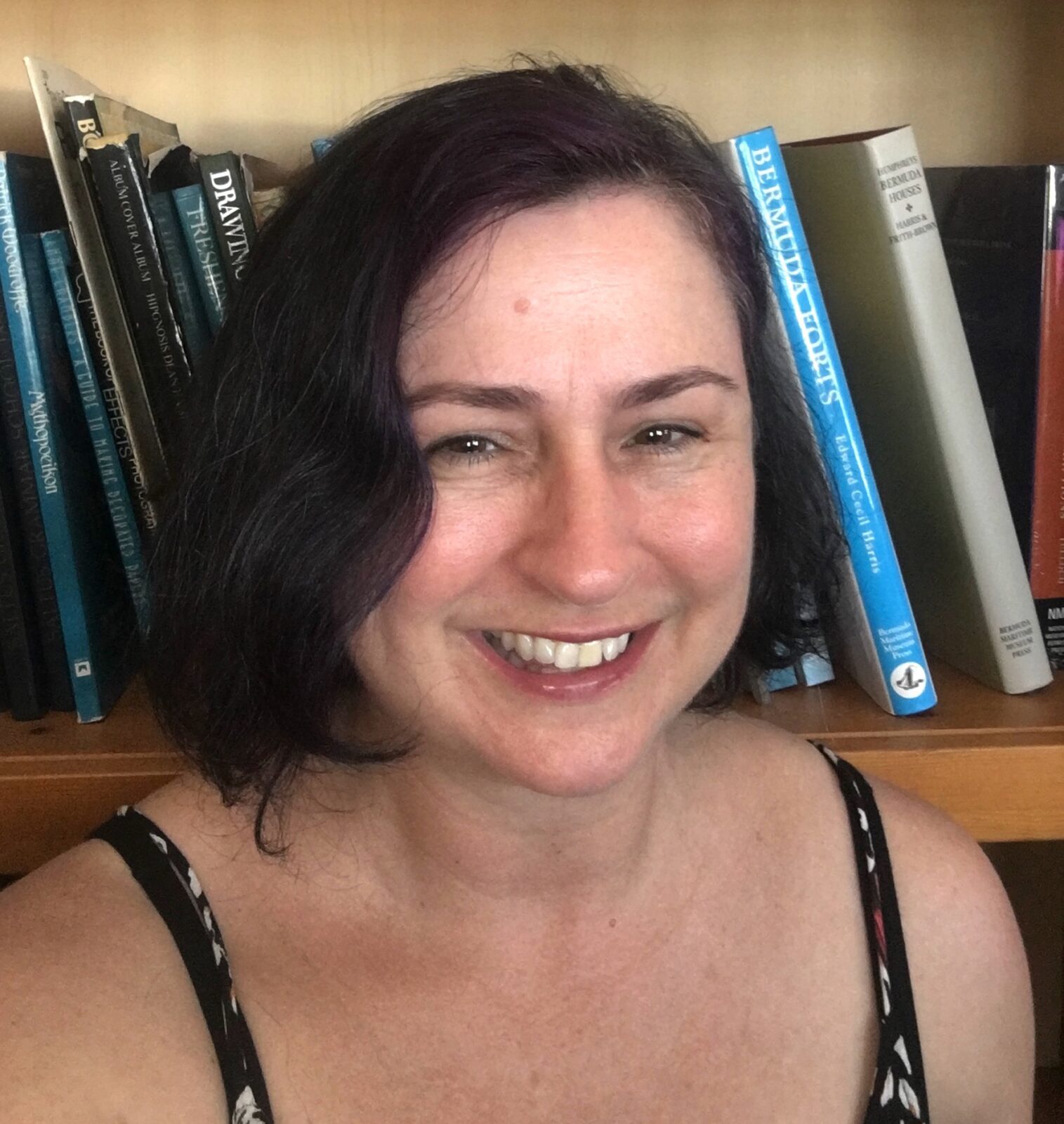
Catherine Draycott completed her DPhil on funerary art in the non-Greek speaking areas of Western Anatolia at Oxford in 2007. She has worked at a number of sites in Türkiye, including Kerkenes Dağ, Zincirli and Çaltılar, and co-authored a monograph on important sculptural finds from the first. While at the BIAA she worked on several publications, including a large edited volume on the depiction of banquets in tomb art, book reviews, and an article on the appearance of new buildings called ‘heroa’ at Xanthos in Lycia in the mid-5th century BC (published in Anatolian Studies 2015). Following her BIAA fellowship, Catherine was appointed Lecturer in Classical Archaeology in the Archaeology Department at Durham University, where she now holds the post of Assistant Professor.
Fields of Expertise: Archaeology, History of Art.
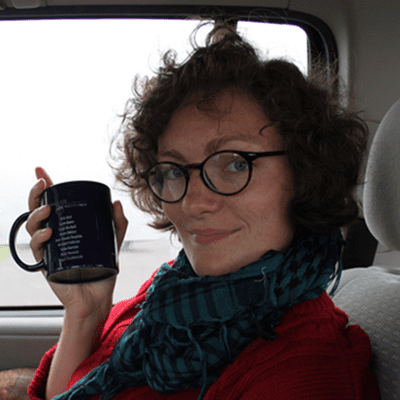
Sophie Moore is an archaeologist who gained her PhD from Newcastle University in 2013, with a thesis entitled ‘A Relational Approach to Byzantine Mortuary Practices within Medieval Anatolia’. Her postdoctoral work at the BIAA focused on the historic cemeteries of Çatalhöyük, which the BIAA has continued to support through an SRI grant entitled ‘The cemeteries of Çatalhöyük from Christianity to Islam: constructing memory, burying the dead and knowing God’. During 2016-17 she was Postdoctoral Research Associate in Archaeology and the Ancient World at Brown University, and has since been appointed as a Lecturer in Medieval Archaeology at Newcastle University
Fields of Expertise: Archaeology, Byzantine Archaeology.
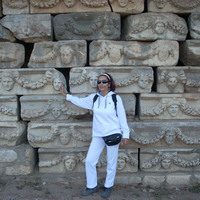
Stella Souvatzi holds a PhD in Prehistoric Archaeology from the University of Cambridge, is the author of A Social Archaeology of Households in Neolithic Greece, An Anthropological Approach (Cambridge University Press, 2008) and co-editor of Space and Time in Mediterranean Archaeology (Routledge, 2013). Her BIAA-RCAC project focused on comparative research of Neolithic sites and landscapes in Türkiye and Greece as means for the constant formulation of identities in the past and the present, as constructed in the realms of cultural heritage, and the relationship between the two. She has since been appointed as Assistant Professor of Prehistoric Archaeology at the University of Thessaly
Fields of Expertise: Prehistoric Archaeology.

Emma Baysal completed her PhD in prehistoric archaeology at the University of Liverpool in 2010. She is a specialist in prehistoric personal ornaments and works at a number of sites in Türkiye researching and publishing assemblages dating from the Epipalaeolithic to the Early Bronze Age. Her research interests include the technologies of ornament manufacture, long distance contacts and craft specialisation in prehistory. During her fellowship at the BIAA she worked on a project investigating the dynamics of marginality – the exchange of ideas / construction of borders in prehistory. She also co-organised the workshop Bordered Places | Bounded Times with Dr Leonidas Karakatsanis. She is currently an Associate Professor of Prehistory at Ankara University.
Fields of Expertise: Archaeology, Prehistoric Archaeology, personal ornaments.
Further information
Leonidas (Leo) Karakatsanis received his PhD in Ideology and Discourse Analysis from the University of Essex. He joined the BIAA in 2012 as a Postdoctoral Fellow, and was appointed Assistant Director in 2015. Leo has researched and published on issues related to the politics of identity and reconciliation, civil society, minority rights, immigration and theories of qualitative methods in social and political sciences. He wrote the monograph: Turkish-Greek Relations. Rapprochement, Civil Society and the Politics of Friendship (London & New York: Routledge, 2014) and is the co-editor of The politics of Culture in Turkey, Greece and Cyprus. Performing the Left since the Sixties (together with N. Papadogiannis) and Bordered Places, Bounded Times: Cross-disciplinary perspectives on Turkey (together with E. Baysal), published in 2017 by Routledge and the BIAA respectively.
Fields of Expertise: politics of identity and reconciliation, civil society, minority rights, immigration, social and political sciences.
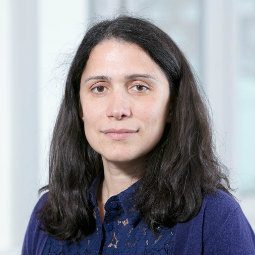
Özge Dilaver holds a PhD in Management (Economics and Management Science) from Lancaster University Management School. She has worked on models of innovation, cities and macroeconomics. During her Balkan Futures Fellowship she investigated cross-border flows between Istanbul and Thessaloniki with grounded simulation. Özge also runs a networking project called Constructed Complexities that explore connections between social constructionism and complexity theory.
Fields of Expertise: Contemporary Türkiye & Balkans, Agent-based Macroeconomics.
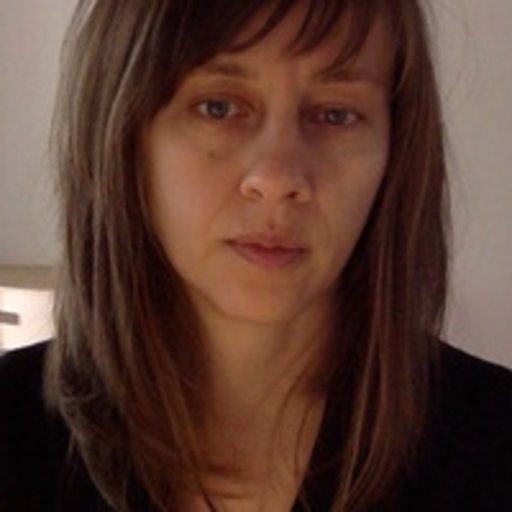
Magdalena Craciun holds a PhD in Anthropology from UCL, having completed a thesis titled ‘An ethnography of fake brands in Turkey and Romania’. During her fellowship she completed her monograph Material Culture and Authenticity: Fake Branded Fashion in Europe (Bloomsbury 2014). She has since been appointed as a Research Fellow at New Europe College in Bucharest, Romania, where she is carring out research on the Romanian middle class.
Fields of Expertise: Contemporary Türkiye, Social & Cultural Anthropology.
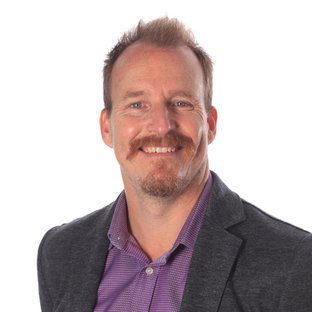
Christoph Bachhuber is an archaeologist with wide-ranging interests in the ancient material culture of the Middle East and eastern Mediterranean, including the archaeology of early cities and states, and the intersections between archaeology and the politics of heritage in the Middle East. Following his Fellowship at the Institute, he has taught at Keble, the Freie Universität Berlin, and Brown University. He has since been appointed as Lecturer at St John’s College, Oxford, and is also a co-PI of the Konya Regional Archaeological Survey Project (KRASP), a BIAA-supported project.
Fields of Expertise: ancient material culture of the Middle East and eastern Mediterranean, archaeology of early cities and states, politics of heritage in the Middle East.
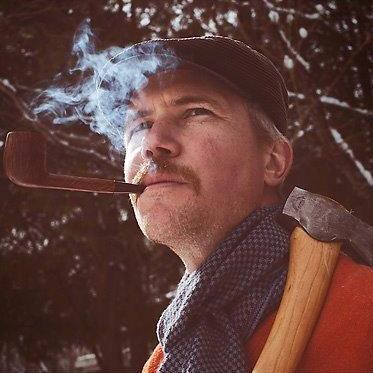
Peter Popkin received his PhD in archaeology from the Institute of Archaeology, University College London with a thesis titled: ‘The Society and Economy of Iron Age Transjordan: A Contextual Zooarchaeological Analysis.’ His postdoctoral research project at the BIAA was entitled ‘Empire Collapse and Subsistence Practices: Tracking Changes in Animal Management from the Bronze Age to the Iron Age at Kilise Tepe.’ While at the BIAA, Peter organised a workshop entitled ‘Sheep and Goat Identification, Analysis and Interpretation’ that focused on sheep and goat morphology, ageing, sexing, metrical analysis and management practices, including domestication. Peter is currently an Associate Archaeologist with WSP Canada.
Fields of Expertise: Archaeology, Zooarchaeology
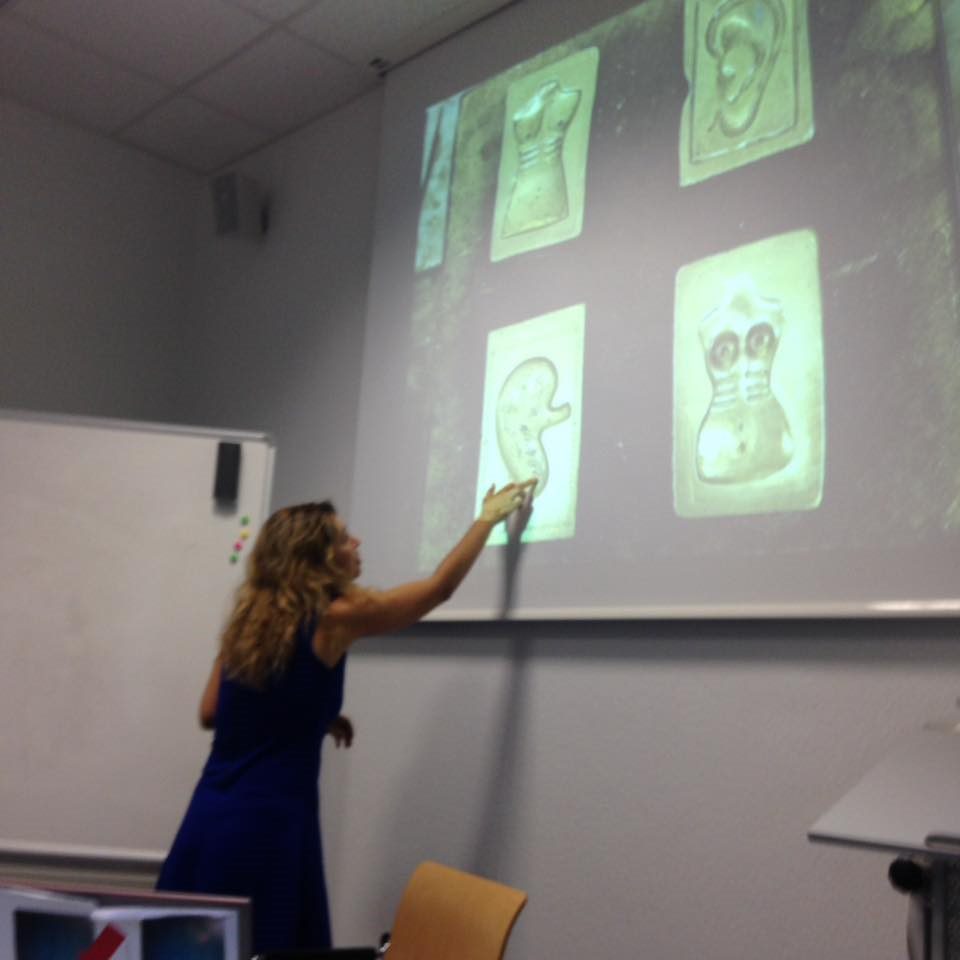
Georgia Petridou primarily specialises in Greek literature, Greek and Roman religion and Greek and Roman Medicine. Utterly fascinated by ancient religious and philosophical ideas and practices, she has been working on the concept of ‘divine epiphany’ in Greek literature and culture. Her monograph on the topic, Divine Epiphany in Greek Literature and Culture, was published by OUP in 2015. During her BIAA Fellowship, Georgia worked on a superb corpus of inscriptions from the Greek mainland and Asia Minor (mainly Hellenistic and Imperial), where divine epiphanies of local deities are accounted for, especially in a political and military context. Aspects of that research project appeared as part of a 2009 article in Anatolian Studies 59 in which she offers an interpretation of foot-shaped monuments of the imperial age discovered in Pisidia (by setting them in the wider context of similar finds that come from all around the Mediterranean basin). She is currently a Senior Lecturer in Ancient Greek History at the University of Liverpool.
Fields of Expertise: Greek literature, Greek and Roman religion & Medicine, Visual Culture.
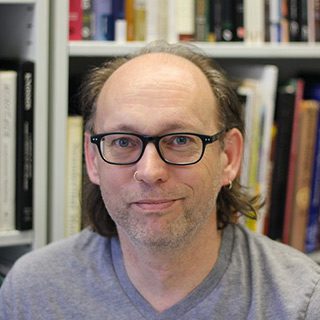
Tristan Carter had already been associated with the BIAA since 1999, through his involvement with the Çatalhöyük Research Project, the Göbekli Tepe excavations, and Anatolian obsidian sources. As a Postdoctoral Fellow at the BIAA, he focused on MBA relations between the elites of Crete (First Palace eriod) and central Anatolia (so-called ‘Assyrian Trade Colonies’ period), and the processes of Neolithisation from the Levant to the Aegean. Socio-economic interaction in all cases was investigated through ‘thick description’ obsidian characterisation studies. He has since been appointed as a Professor with the Department of Anthropology at McMaster University, Canada.
Fields of Expertise: Archaeology, Neolithic Period, Eastern Mediterranean & British prehistory, Lithics, Obsidian Sourcing.
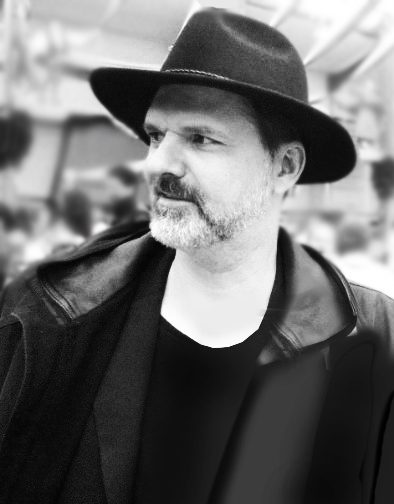
Can Erimtan received his DPhil in Modern History from Oxford University in 2003. He has subsequently undertaken his BIAA Postdoctoral Research Fellowship between 2004 and 2005, and has held the post of Senior Fellow at the Institute of Anatolian Civilizations, Istanbul. In 2008, his article ‘Hittites, Ottomans and Turks: Agaoglu Ahmed Bey and the Kemalist Construction of Turkish Nationhood In Anatolia‘ was published in Anatolian Studies, the BIAA’s flagship journal. His publications include the book “Ottomans Looking West?” as well as numerous scholarly articles. Whilst based in Istanbul, Erimtan started publishing in the English language Turkish press, becoming the Türkiye Editor of the İstanbul Gazette. He is now an independent scholar and regularly publishes op-eds on a wide variety of salient topics in the Turkish English-language press, RT’s Op-Edge. New Eastern Outlook, and the 21st Century Wire.
Fields of Expertise: Ottoman history; politics, history and culture of the Balkans and the wider Middle East.
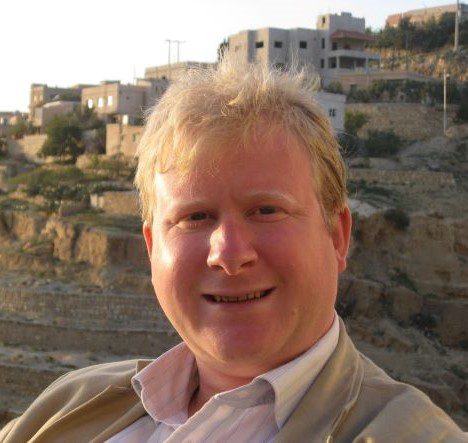
Andrew Peacock is a historian focusing on Medieval and early modern Middle Eastern and Islamic history. He was the first Assistant Director of the BIAA from a discipline outside archaeology, reflecting a broadening of scope in the BIAA’s research output which has continued to the present day. During his time in Ankara, he conducted projects on trade between the Ottoman Empire and Southeast Asia, and the eleventh century Anatolian north-eastern frontier. He is now a reader at the University of St. Andrews.
See institutional page>>
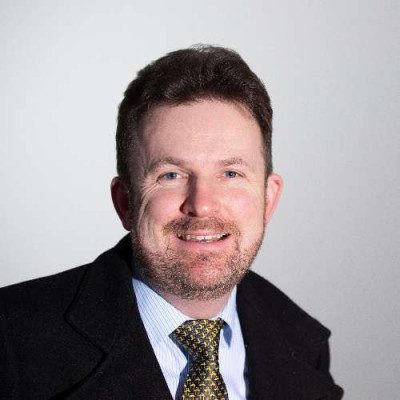
Luke Lavan is Lecturer in Archaeology at the University of Kent, Canterbury, where he co-ordinates the Centre for Late Antique Archaeology. His doctorate (2001) considered Provincial Capitals in Late Antiquity. He is series editor of Late Antique Archaeology. In addition to his BIAA Fellowship, he was also a postdoctoral research fellow of the Sagalassos Archaeological Project 2005-2007 and directed the Kent section of the Kent-Berlin Late Antique Ostia Project 2008-2012. He has also held postdoctoral fellowships at the Humboldt Foundation, University of Cologne, and the Collège de France in Paris.
Fields of Expertise: Archaeology, Late Antiquity, use of space in the Late Antique and Early Medieval city.
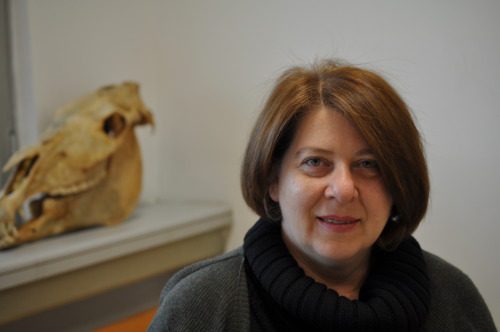
Evangelia Pişkin (née Ioannidou) received her PhD from Leicester University, UK. Following her BIAA Fellowship, she has held lecturing positions at Bilkent University in Ankara and is currently an Associate Professor at Middle East Technical University’s Settlement Archaeology Department, where she also directs the Environmental Archaeology Research Unit. She has worked on bone and plant assemblages from various periods (Neolithic to Islamic), mostly in Türkiye, but also in Greece, Spain and the UK. She has published extensively within her field, and directed the BIAA-funded Aşvan Zooarchaeological Study.
Fields of Expertise: Zooarchaeology, integration of environmental data, taphonomy and quantification, specialised economies/transhumance, isotopes and geometric morphometrics.
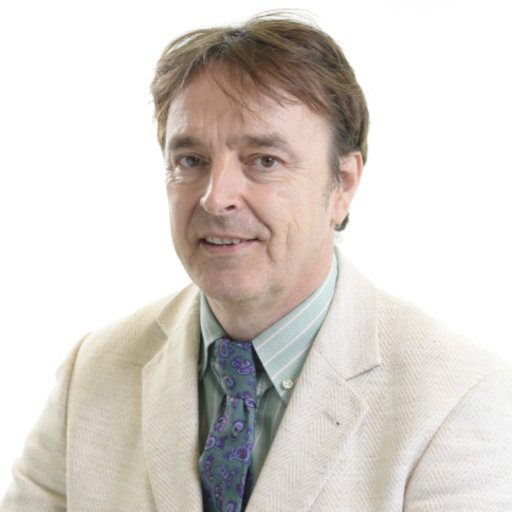
Matthew Elliot received his PhD from the School of Oriental and African Studies (SOAS), University of London, in 1998. He undertook his BIAA Fellowship between 2000 and 2001, and in 2004 wrote a chapter titled ‘European Archaeological and Historical Institutes in Turkey: An Italian Ambassador’s View’ as part of the volume Archaeology, Anthropology & Heritage in the Balkans & Anatolia, which was edited by former BIAA Assistant Director David Shankland. Elliot also spent a decade working for the Abu Dhabi Department of Culture and Tourism as a Senior Copyrights Specialist between 2009 and 2019.

Alan Greaves completed his BIAA Fellowship from 1999-2000, working to convert his thesis ‘A Socio-Economic History of Miletos to the end of the Archaic Period’ into a monograph, published in 2002 and now translated into Turkish. He also wrote several articles, attended conferences and excavated at Miletos, where he was field director for the Bronze Age excavations at the Temple of Athena site. Over the course of his career, Greaves has now published four books and over 80 academic articles, curated several major museum exhibitions, and given over 100 international research presentations. He is currently a Senior Lecturer at the University of Liverpool.
Fields of Expertise: Classical Archaeology of settlements and landscapes in Western Anatolia; digital heritage conservation in Türkiye and the Near East.
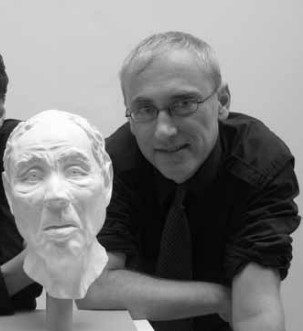
Gareth Darbyshire completed his BIAA Fellowship between 1998-1999. The following year, Darbyshire co-authored an article titled ‘The Galatian Settlement in Asia Minor’ with Stephen Mitchell, which was published in Anatolian Studies, the BIAA’s flagship journal, in 2000. He currently works at the University of Pennsylvania Museum of Archaeology and Anthropology (Penn Museum) as the archivist on the Gordion Archaeological Project. He has also written several publications about the site, including ‘The New Chronology of Iron Age Gordion’, which he co-authored with C. Brian Rose in 2011.
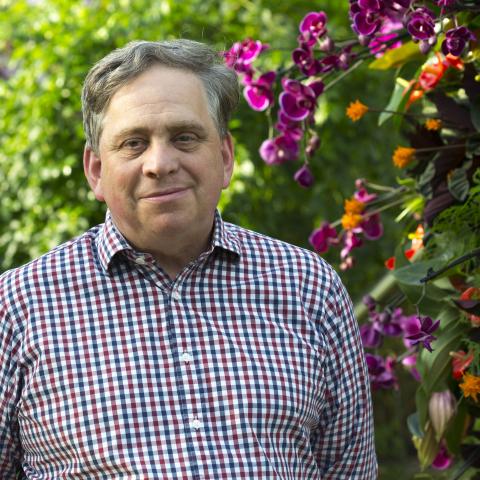
Mark Nesbitt is an Honorary Associate Professor at the Institute of Archaeology at University College London. He is also a visiting professor at the Royal Holloway Department of Geography, and a Senior Research Leader for Interdisciplinary Research and curator of the Economic Botany Collection (EBC) at the Royal Botanic gardens at Kew. During his BIAA Fellowship, he completed a project titled ‘Archaeobotany of Anatolia’. Significantly, Dr Nesbitt contributed extensively to the formation of the BIAA’s Botanical Reference Collection, which contains thousands of plant specimens from throughout Anatolia and beyond; a collection which gives crucial insight into Türkiye’s botanical heritage.
Fields of Expertise: Ethnobotany, archaeobotany, useful plants, exploration, collections, museums, history, humanities, barkcloth, medicinal plants.
Further information
Gül Pulhan received her PhD in Ancient Near Eastern Archaeology from Yale University. She excavated at many sites in Turkey, and at Tell Leilan in northern Syria. She taught at Bilkent and Bilgi Universities, and was among the founding faculty members of the Department of Archaeology and the History of Art at Koç University. As part of the Ilısu Dam Salvage projects, between 2009-19, she conducted salvage excavations on behalf of the Batman Museum at Gre Amer, a multi-period mound -now partially flooded- on the Garzan tributary of the Tigris. She worked as a co-curator in the conceptualization of the Erimtan Archaeology and Art Museum in Ankara, between 2013-15. Since 2016 she has been affiliated with the BIAA in different capacities as a member of the Council of Management, coordinator of the SARAT and SARAA projects and as an Honorary Research Fellow.
Fields of Expertise: Anatolian and Mesopotamian Archaeology, Cultural Heritage Management, Museum Studies.
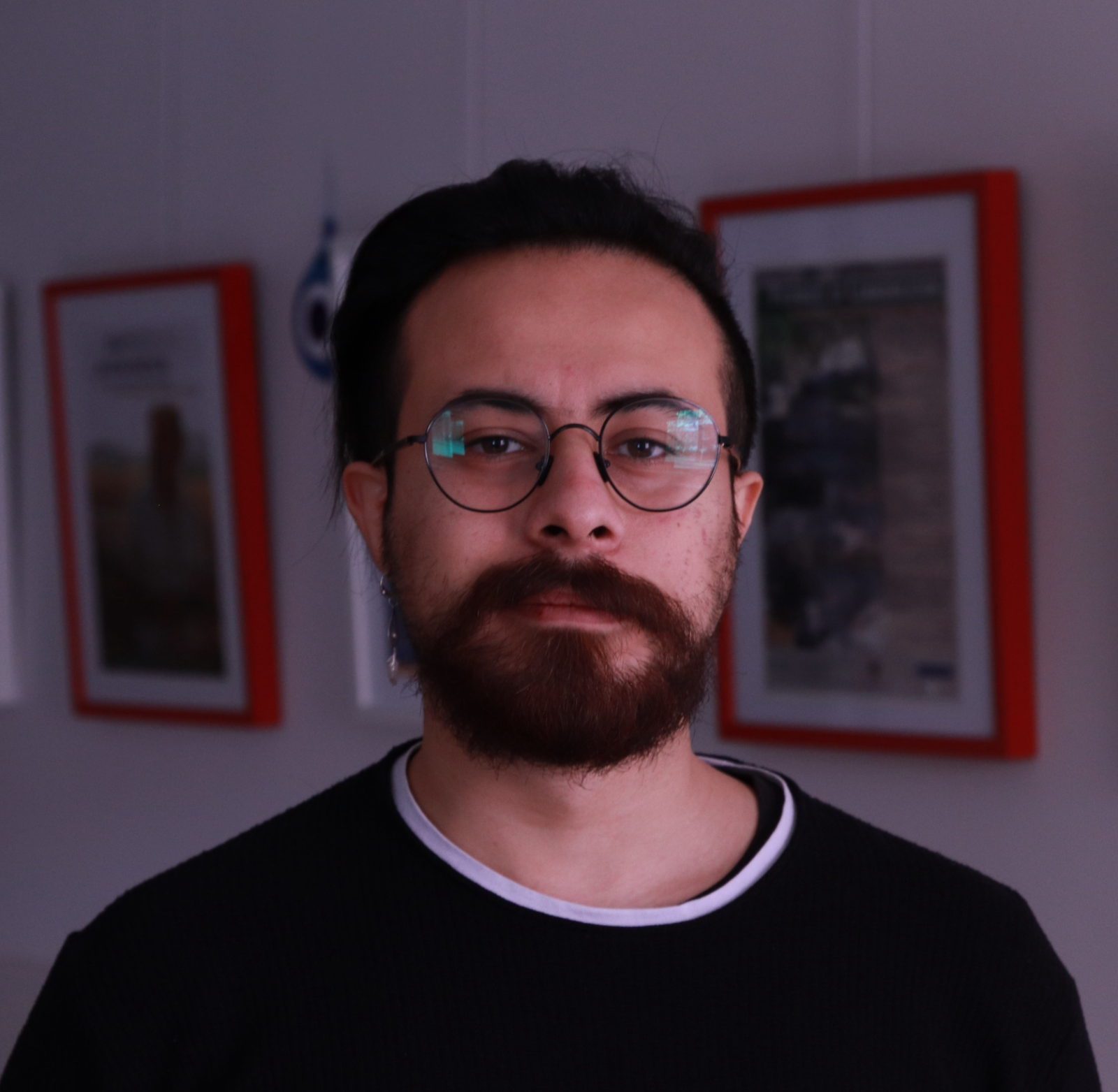
Orhun Uğur joined the BIAA as the digital repository archivist at October 2021. He was graduated from Archaeology department at Uludağ University at 2019. He participated in Priene Excavations during his studies. Currently he is pursuing a masters degree in information management at Hacettepe University. In this department he discovers new perspectives for digital archaeology and heritage. He feels responsible for future archaeologist to access the heritage data that we have in todays archives. Therefore he learns and practices sustainable data management methods for heritage materials. He supports open and participatory approach for heritage management. He also has a special interest in street art.
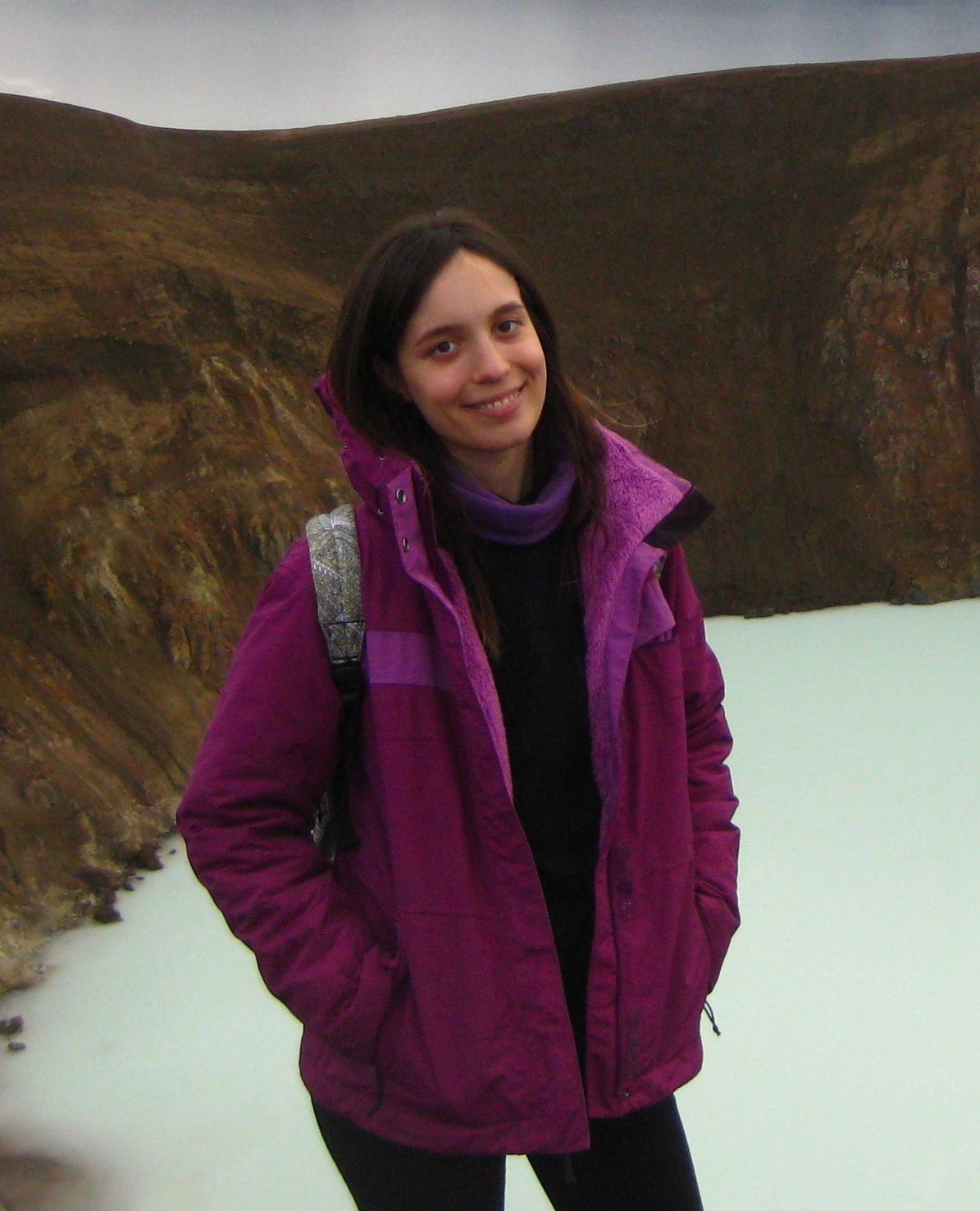
Ilgın Deniz Can is a botanist, studying for a PhD at Hacettepe University, Ankara. She holds an MSc from the Department of Biology at Hacettepe University. She worked in the university’s herbarium for more than three years during her BSc and MSc studies. Her studies focus on taxonomy, speciation, and phylogeography of wild crucifers in Anatolia. She is also an author of Illustrated Flora of Turkey. She joined the BIAA in 2021 as researcher for the Herbarium Digitisation Project. The only thing Ilgın loves more than being in a herbarium is to be in the field; besides Turkey, she has also participated in fieldwork in Iceland
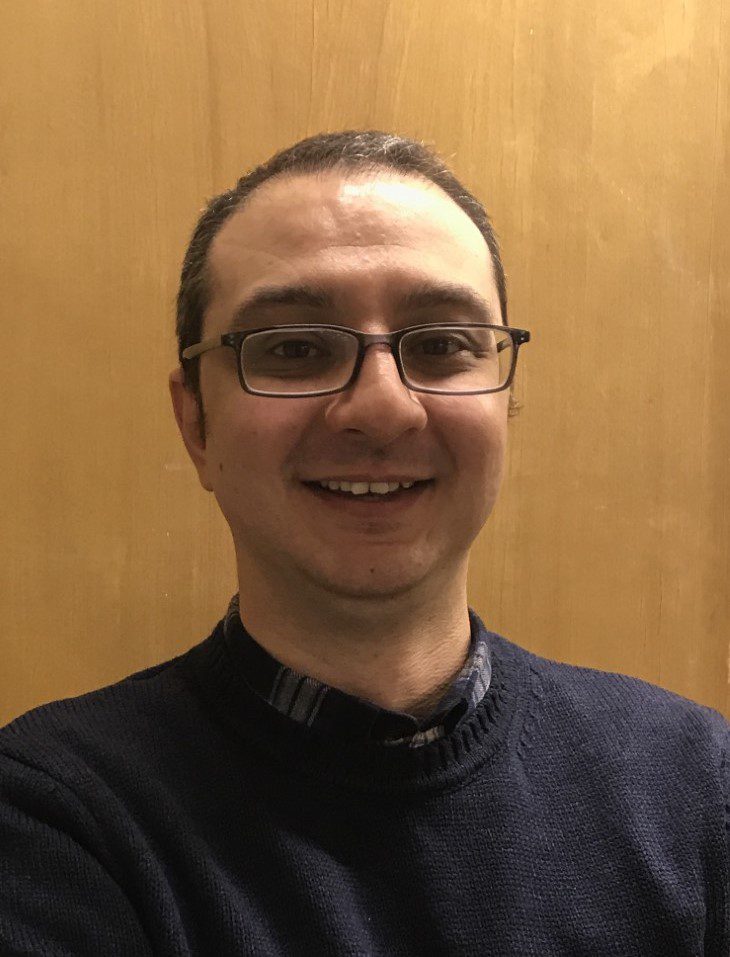
Barış Necdet Uğurman is a biologist, having received his BSc from Ankara University. He is currently an MSc student at Ankara University, where his research is in botany; specifically, flora field studies. He has worked in the Ankara University herbarium for two years. He participated in the Çankırı and Çorum Province Land and Wastewater Ecosystems Biodiversity Inventory and Monitoring Project, as well as the Baku-Tbilisi-Ceyhan Crude Oil Pipeline Project Turkish Section 2017-2018 Environmental Monitoring. He joined the BIAA in 2021 as a Herbarium Assistant, where his responsibilities include listing and organising herbarium specimens, as well as assisting in preparing these for inclusion in the new Digital Repository.
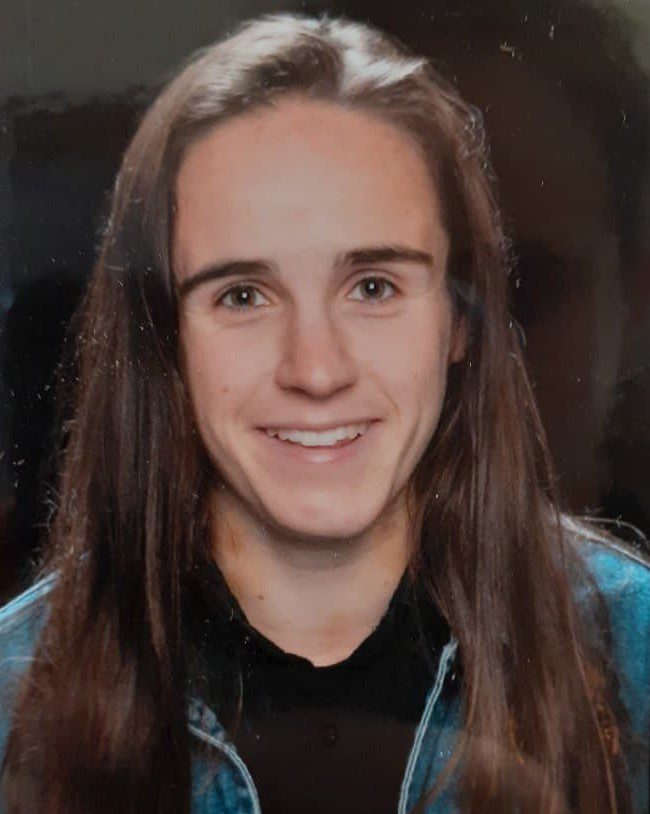
Eloise Jones received her BA in Ancient History in 2019, and her MA in Classical Archaeology in 2020, both from Durham University. Her main areas of academic interest include exploring links between funerary imagery and cultural identity, as well as understanding the ways in which colonial narratives have shaped our understanding of ancient cultures. She started work as a Research Assistant at the BIAA in January 2021, and whilst she initially worked remotely from London due to pandemic-related restrictions, was later able to relocate to Ankara. She is now enrolled as a PhD student in archaeology at the University of Liverpool.
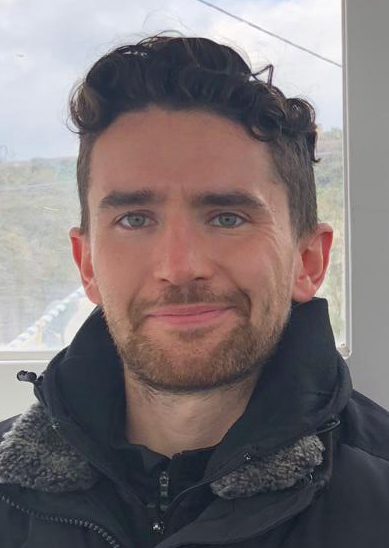
Liam Devlin is an archaeologist specialising in cultural heritage protection and the illicit antiquities trade. He graduated from the University of Glasgow in 2017, with a degree in Archaeology and Classical Civilisation and subsequently completed an MPhil in Archaeology at the University of Cambridge. His thesis developed an interpretative methodology for accurately understanding seemingly declining sale rates in looted Cycladic figurines. Liam has participated in numerous international archaeological digs, including in Italy, Türkiye, Cyprus, Albania and Greece; where on Crete, he was a Curatorial Assistant for the British School at Athens. He has also worked as an instructor on the British Museum’s Emergency Management Training Scheme in Iraq. During his time as a BIAA Research Scholar, Liam assisted with the digitisation process of many of the Institute’s collections. Liam was subsequently awarded a Kennedy Scholarship for postgraduate study at Harvard in the 2021-2022 academic year.
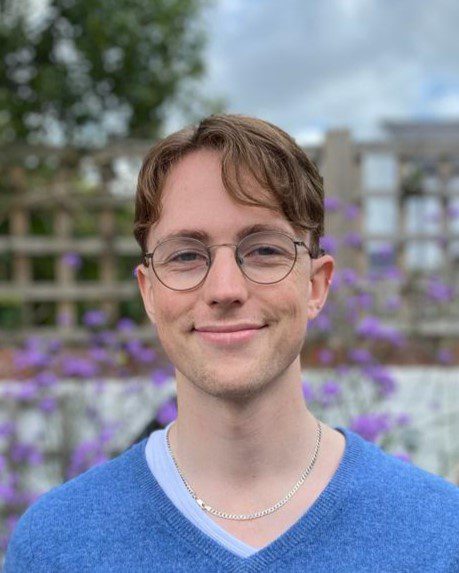
Joshua Britton completed his BIAA Scholarship under trying conditions, spending much of it under lockdown in Ankara. However, despite the difficulties this brought, he secured and is undertaking a PhD at UCL funded by the London Arts and Humanities Partnership (LAHP). His doctoral research investigates the role of the individual in shaping intercultural contact within the long-distance trade network between Assur in northern Iraq and cities in central Türkiye during the 20th-18th centuries BCE. By doing so, the project aims to shift our understanding of the period from system-based approaches towards a more nuanced appreciation of human experience.
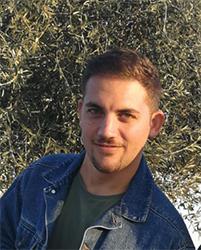
Sergio Russo completed a Master’s degree in Archaeology, and was subsequently appointed as the Institute’s Research Scholar in early 2018 and as Repository Assistant within the newly established Digital Repository Office until summer 2019. His main tasks included the re-organisation of the collections database, assisting the Director, the Assistant Director and the Digital Repository Manager, and editing audio-visual materials of the Institute’s activities. During his time in Ankara, he secured a funded PhD position at the Department of Archaeology and King’s College, University of Cambridge, with a proposal on Network Analysis in the Ancient Near East during the Middle Bronze Age.

Jamie Redfern completed his MA in Archaeology at the University of Liverpool in September 2016. His thesis examined the emergence of personal identity and social differentiation in the early Neolithic through burials in Central Anatolia and the Northern Levant. He has excavated for multiple seasons at Boncuklu Höyük, with a specific focus on burial assemblages. His research interests include the Neolithic of Central Anatolia, behavioural changes in the Neolithic, burial practices, and changes in the social ordering of communities during the Neolithic transition. He is currently researching the emergence of household autonomy in the pre-pottery Neolithic of the Konya plain based on the ordering of ‘special’ events.
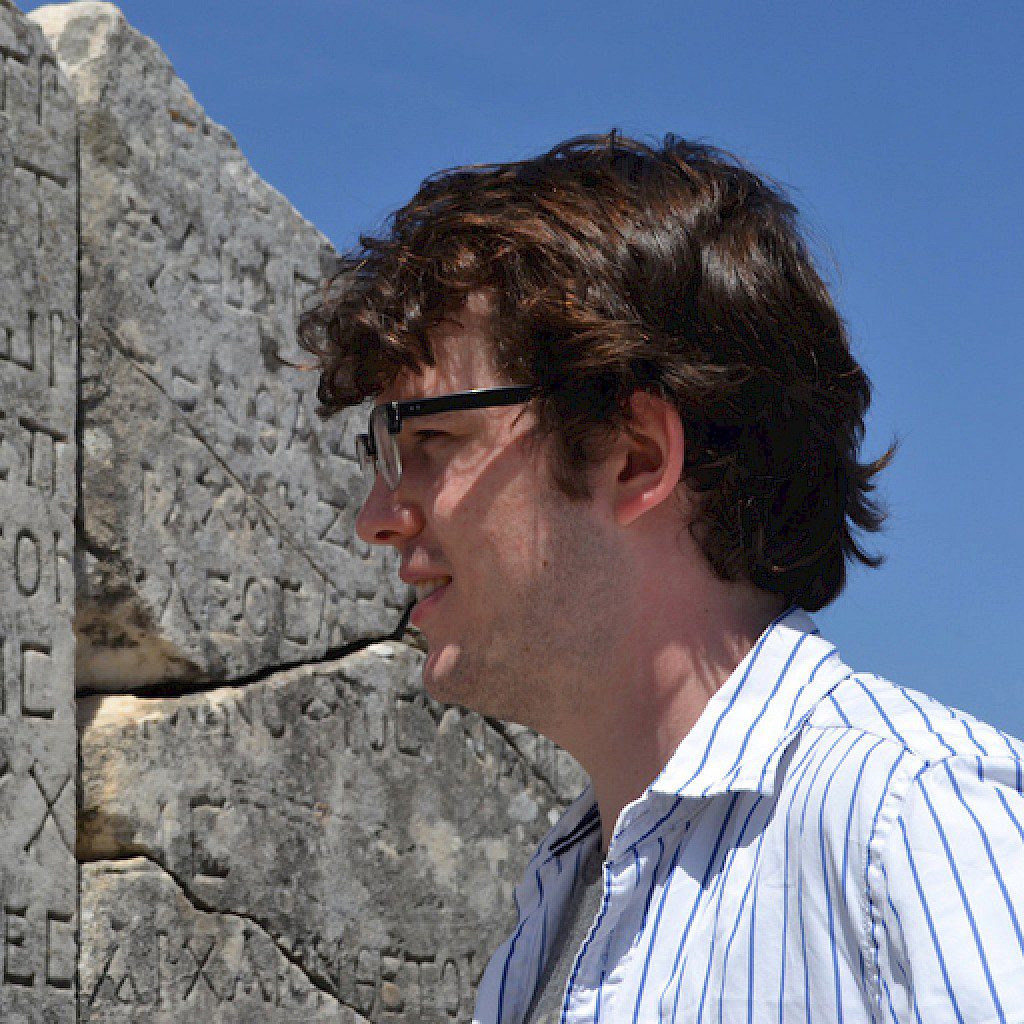
William Lewis is an ancient historian who attained his BA from Oxford and joined the BIAA after completing a Master’s degree at Cardiff University, with a thesis titled ‘Dynastic Legitimacy in the Reign of Constantius II’. His research interests are focused on the Roman Empire in the fourth century and in particular the last generation of the Constantinian Dynasty. During his BIAA scholarship he secured a funded PhD post at Cardiff University where he will continue his study on the interactions between political and ecclesiastical networks in Anatolia under Constantius II.
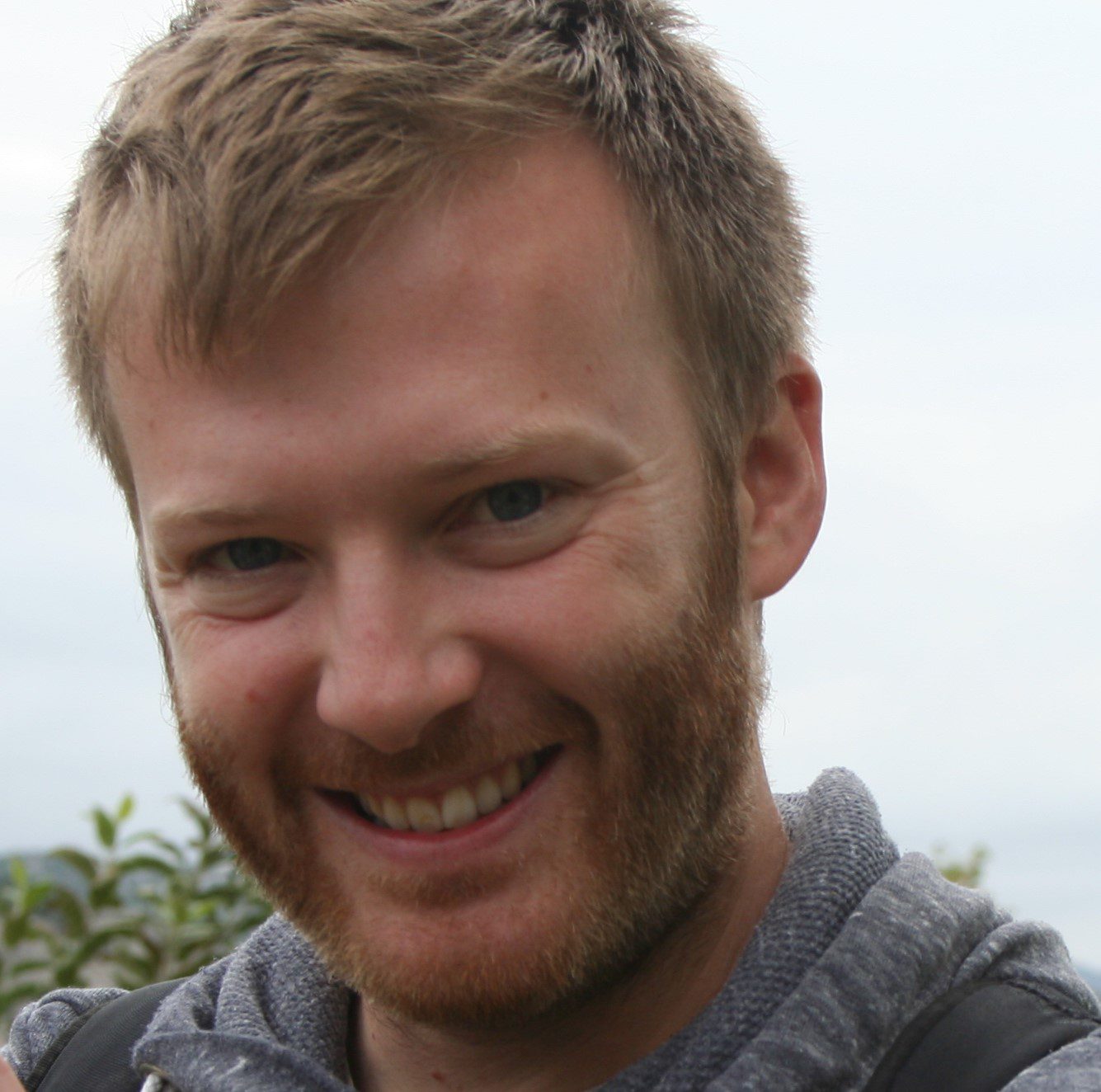
Michele Massa was appointed as a Research Scholar in 2014, and continued the Institute’s digitisation project as well as working on his PhD, which was awarded by University College London in 2016, with a dissertation on the analysis of mechanisms of exchange in Early Bronze Age Anatolia. During his scholarship he also worked as a co-editor and a map specialist for the publication of Pathways of communication: routes and roads in Anatolia from prehistory to Seljuk times. His interests include funerary archaeology, palaeoclimate, study of social complexity and archaeo-metallurgy. Michele is was appointed an Honorary Research Fellow of the BIAA in 2020. He has previously held an assistant professorship at Bilecik Şeyh Edebali University in Türkiye from 2016-2018. He has been co-director of the BIAA-supported Konya Regional Archaeological Survey Project since 2016.

Matthew Tanton was awarded the position of Research Scholar in 2014 following the completion of an MA in Byzantine History at King’s College London. During his time in Ankara he re-organised the archive system of the BIAA slides, assisted the Director and Assistant Director, and prepared his PhD proposal on the Empire of Trebizond. Following his return to the UK he subsequently secured full AHRC funding to pursue his doctorate at King’s College London. His doctoral research focused on a comparison of the political ideologies of the Empires of Nicaea and Trebizond in the thirteenth and fourteenth centuries.
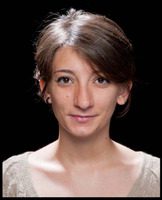
Martina Massimo started her PhD at Durham University in October 2014 with an AHRC-funded project which aims to investigate the regional patterns of demand and modes of use of metalwork across the Ancient Near East and the Eastern Mediterranean from the Late Chalcolithic through the Early Bronze Age (ca. 4000-2000 BC). Her research interests include ancient metallurgy, the social and anthropological context of production, and the modes of inter-regional connection and exchange of knowledge and practical skills.
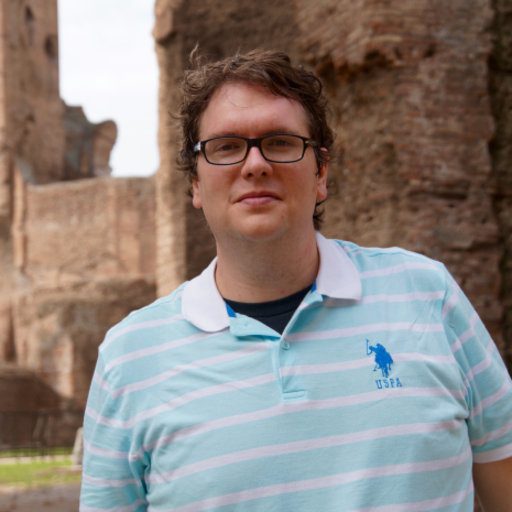
Riley Snyder was appointed as the Institute’s Research Assistant in early 2012, with duties including the digitisation of the institute’s extensive photographic and ceramic collections. During this time, he also completed, submitted, and successfully defended his doctoral thesis in archaeology at the University of Edinburgh. After leaving the Institute in 2013, he took up a fellowship at the University of Bologna and is now working as a postdoc on the Leverhulme-funded project ‘Engineering the Water Supply of Constantinople’ at the University of Edinburgh.
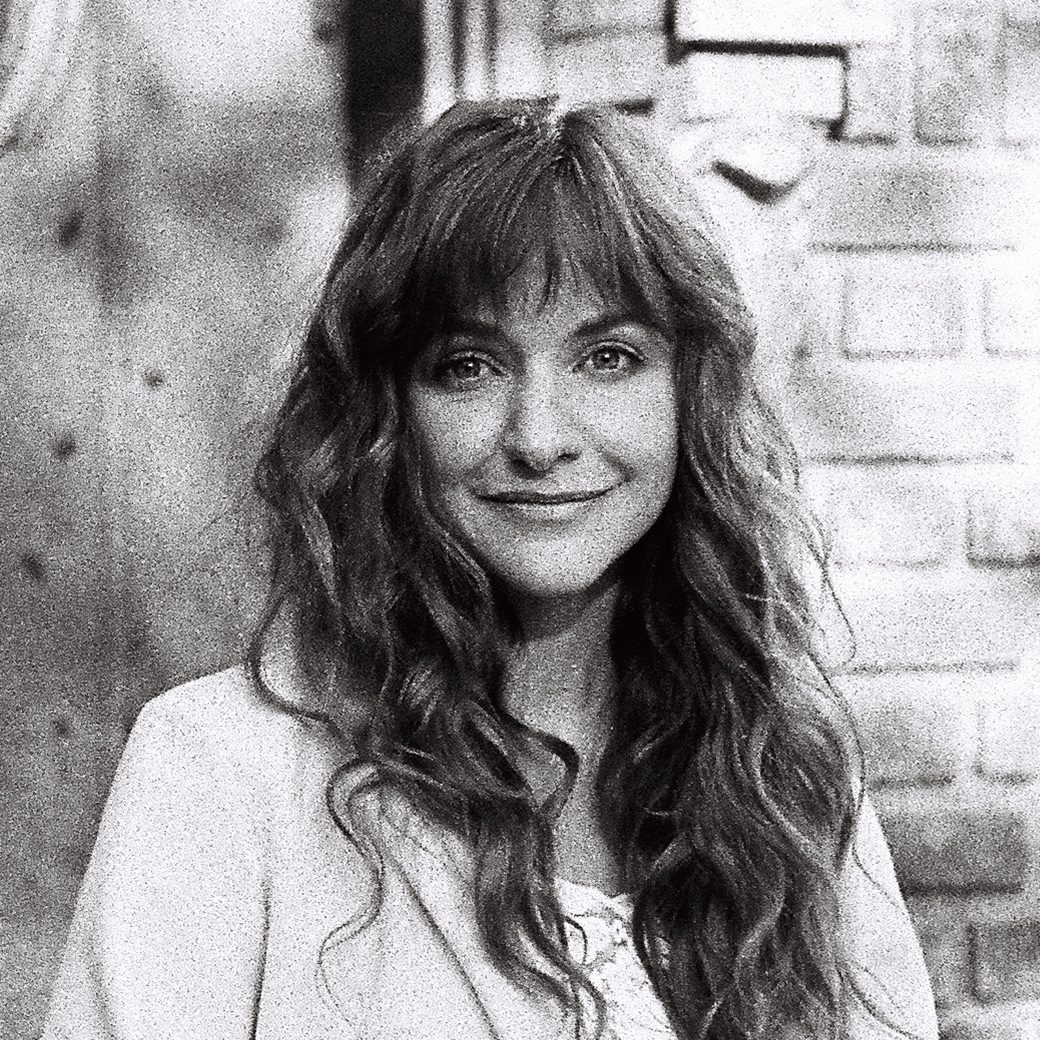
Kaitlyn Pieper received her BA from Brigham Young University in Comparative Literature, and her MA was completed at SOAS, with an emphasis on Russian and Persian literary traditions. During her time at the BIAA, Kaitlyn created an online database that details all research undertaken under the auspices of the BIAA between 1947 and 2012. Kaitlyn is currently a Research Associate with Utah Women & Leadership Project and the Executive Director of the Utah Centre for Legal Inclusion.

Benjamin Irvine started as a BIAA Research Scholar after completing an undergraduate degree in Archaeology and Ancient History and an MSc in Human Osteoarchaeology at the University of Edinburgh. During his time at the Institute he contributed to the digitisation of the extensive pottery collection as well as assisting the Director. As a result of his time at the Institute and the contacts made he was able to embark on a PhD project at the Freie Universitat Berlin. His current research is focused on analysing human-environment interactions in prehistoric Anatolia and adjacent regions, particularly examining diachronic and regional patterns in dietary habits, subsistence practices, and agricultural strategies.
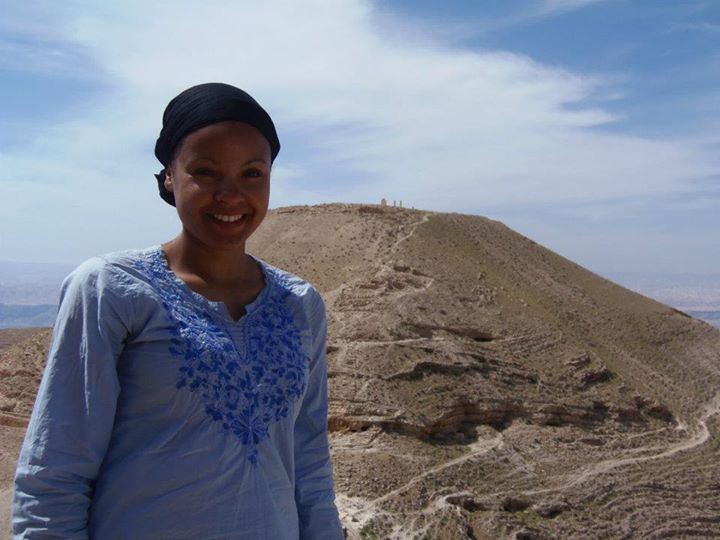
Lucy Bennison-Chapman spent three months based at the BIAA, in order to carry out research for her PhD thesis. The study grant gave time and facilities to focus on the Anatolian aspect of her thesis, researching the origins of the appearance, and the function of small, geometric shaped clay objects, or “tokens” in Neolithic Anatolia. Lucy’s time was mostly spent analysing, interpreting and writing up data collected over two seasons of fieldwork at Boncuklu Höyük and Çatalhöyük, as well acquiring new data sources. Lucy graduated from the University of Liverpool in July 2015, and has since been appointed as a post-doctoral researcher at the Netherlands Institute for the Near East (NINO). Her research project is entitled: “The Origins and Development of Non-Written Administrative Technologies in the Ancient Near East”.
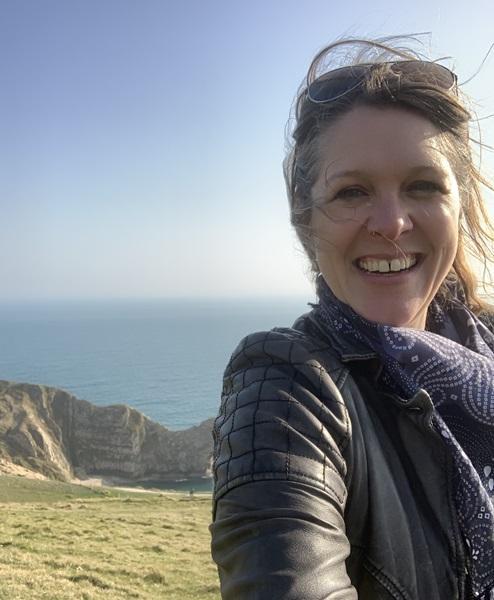
Anna Collar is a archaeologist working on the epigraphy and material culture of religious practice in the Roman world, including pilgrimage, sacred landscapes and the natural world; mobility and migration; emotion and experience; and interconnectivity, social networks and network analysis. Anna studied Classical Civilisation and Philosophy as an undergraduate at Manchester, and went on to study for an MPhil in Classical Art and Archaeology at Cambridge, before moving to Exeter to write her PhD as part of Stephen Mitchell’s Pagan Monotheism in its Intellectual Context research project. She pulished her PhD in 2013 as Religious Networks in the Roman Empire: The Spread of New Ideas. The book was a finalist in the American Academy of Religion’s book prize, Best First Book in the History of Religions 2014. She has since been appointed as a Lecturer with the Department of Archaeology at Southampton.

Janine Su took up the position of BIAA Research Scholar in 2008. She subsequently went on to undertake PhD study with the Department of Anthropology at University College London. Her research centres around youth and practices of border transgression in Türkiye, usually borders of social convention. Her publications include the articles ‘The Exception Which Proves the Rule’: Gurbet and Historical Constellations of Mobility in Istanbul’s Old City and ‘Asılmak Tehlikeli Ve Yasaktır’: Unintelligible Mobility and Uncertain Manhood in Istanbul’s Old City.
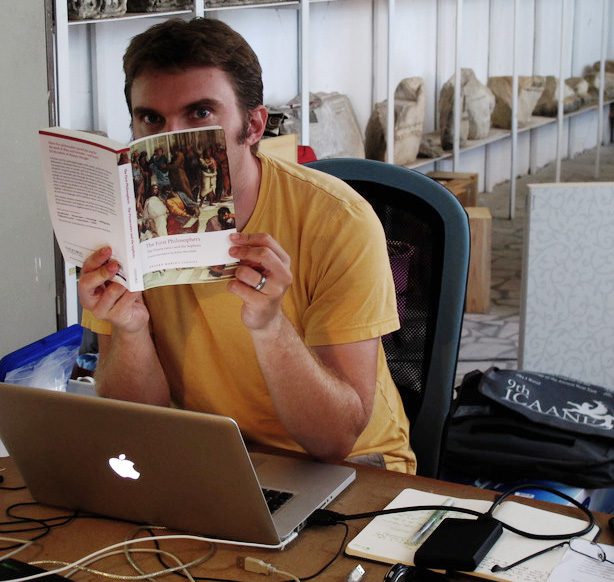
Toby Wilkinson is an archaeologist who specialises in the protohistory of Eurasia, especially the eastern Mediterranean and Central Asia with a methodological focus on computational spatial analysis and remote sensing to help understand past social and environmental change. He is currently a Faculty Member of the Landscape Archaeology Research Group (GIAP) at the Institut Català d’Arqueologia Clàssica, and a Co-Director of the BIAA-supported Project Panormos; an international archaeological research project, centred on the south-west part of the Milesian peninsula, on the Aegean coast of Türkiye.

Rachel Fenton completed her term as a BIAA Reseach Scholar between 2005 and 2006. She subsequently went on to undertake doctoral study at the University of Cambridge, where she was supervised by Professor Nicholas Postgate. During this time she contributed to research on textile terminoligies in the ancient Near East and Mediterranean from the third to the first millenia BC.
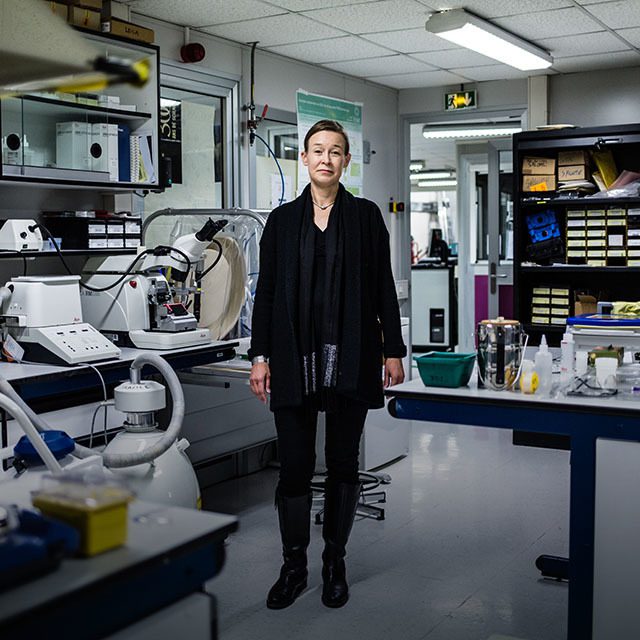
Kirsi Lorentz was a BIAA Research Scholar in 2005, following the completion of her PhD at Cambridge. She has achieved a highly successful academic career, culminating in her present position as Associate Professor at the Cyprus Institute. Her research focuses on human health, disease and osteobiographies in the ancient Near East and the Eastern Mediterranean, through bioarchaeological approaches and palaeopathology, as well as synchrotron radiation enabled studies. In 2017, together with collaborating colleague Gihan Kamel (SESAME infrared beamline scientist), she completed the first ever set of synchrotron radiation enabled studies of ancient human remains from Iran, including hair, bone and teeth, at the SOLEIL synchrotron SMIS beamline.
Chairs
Honorary Secretaries
Honorary Treasurers
Presidents
Vice Presidents
Honorary Vice Presidents:
London Managers
Ankara Managers
Librarians
Assistant Librarians